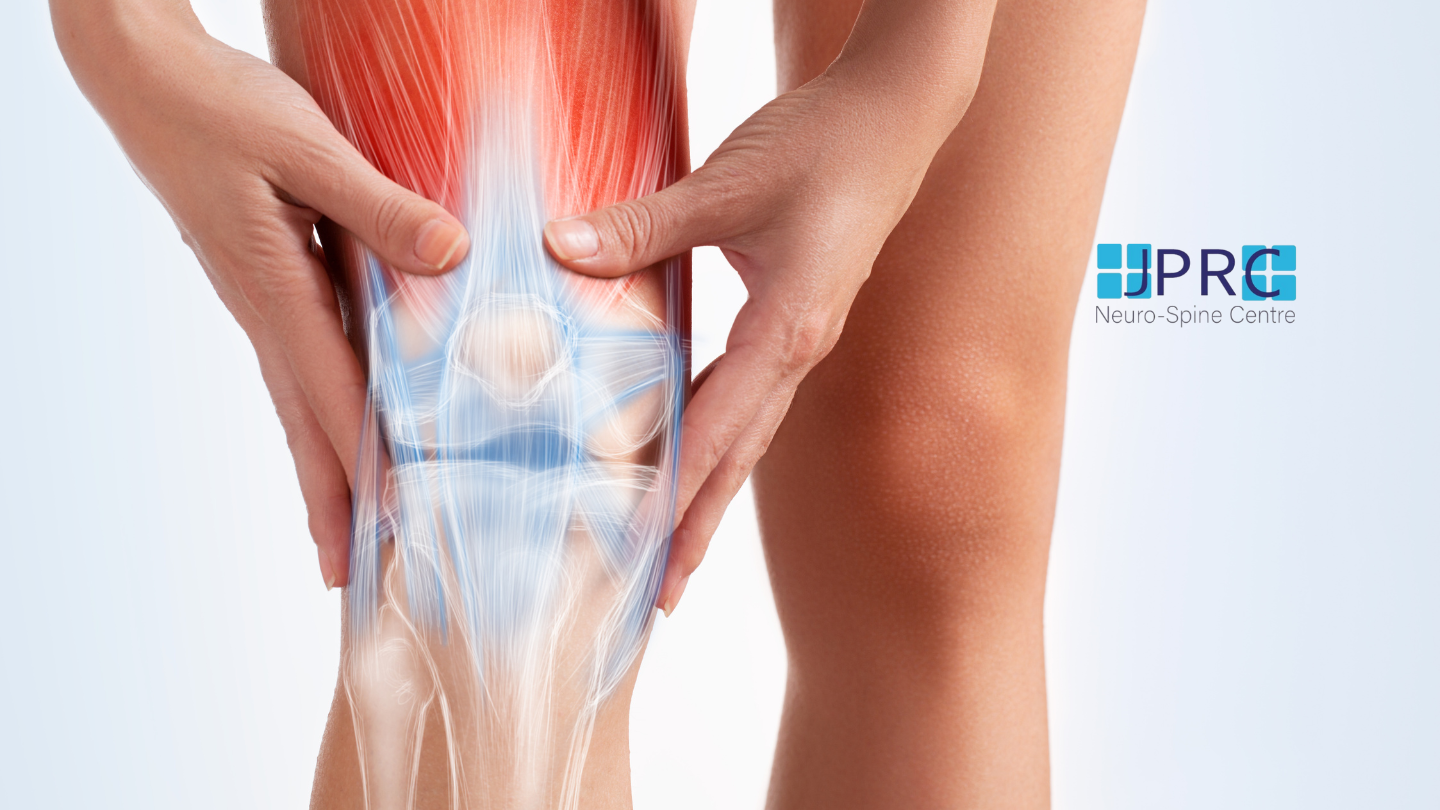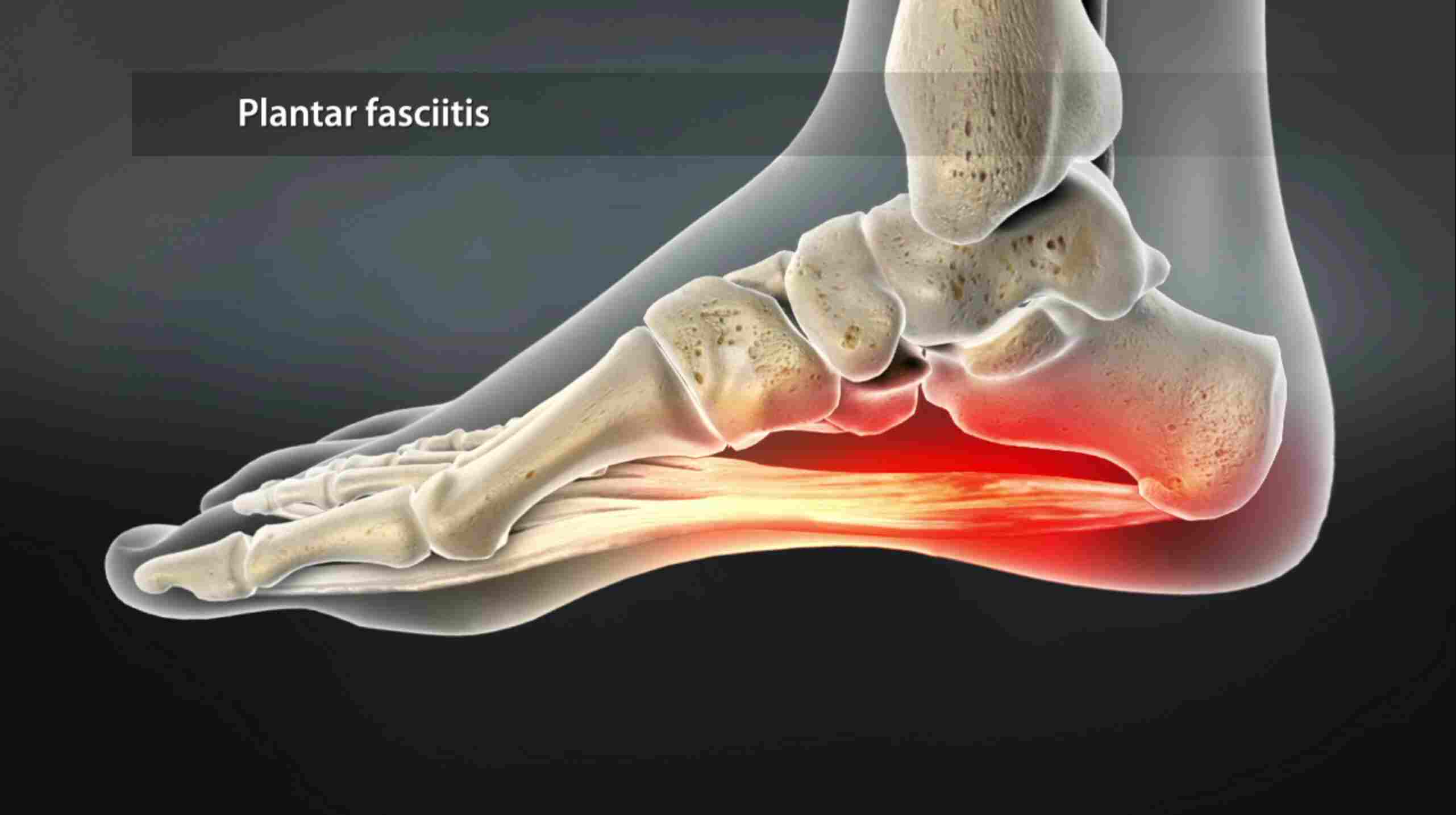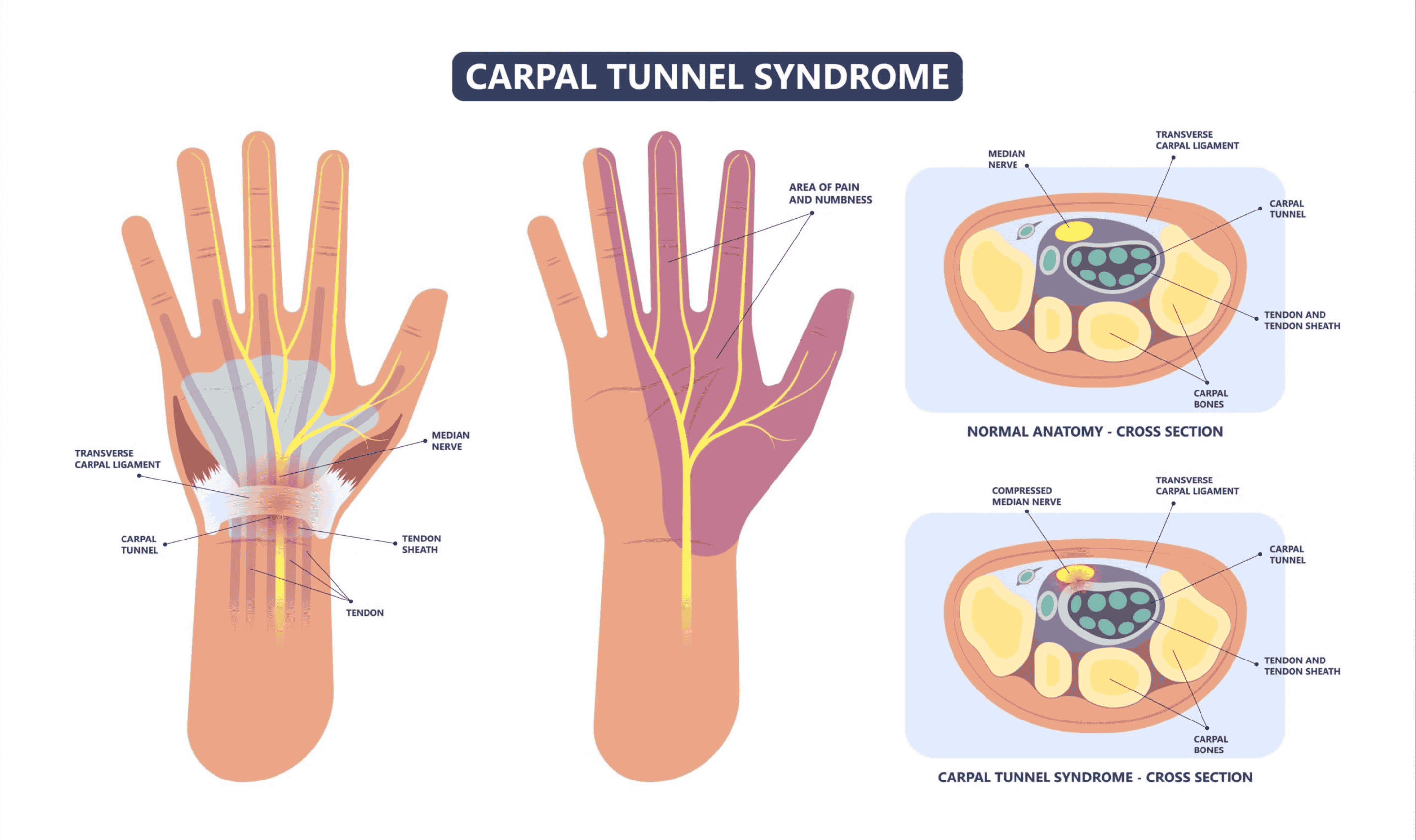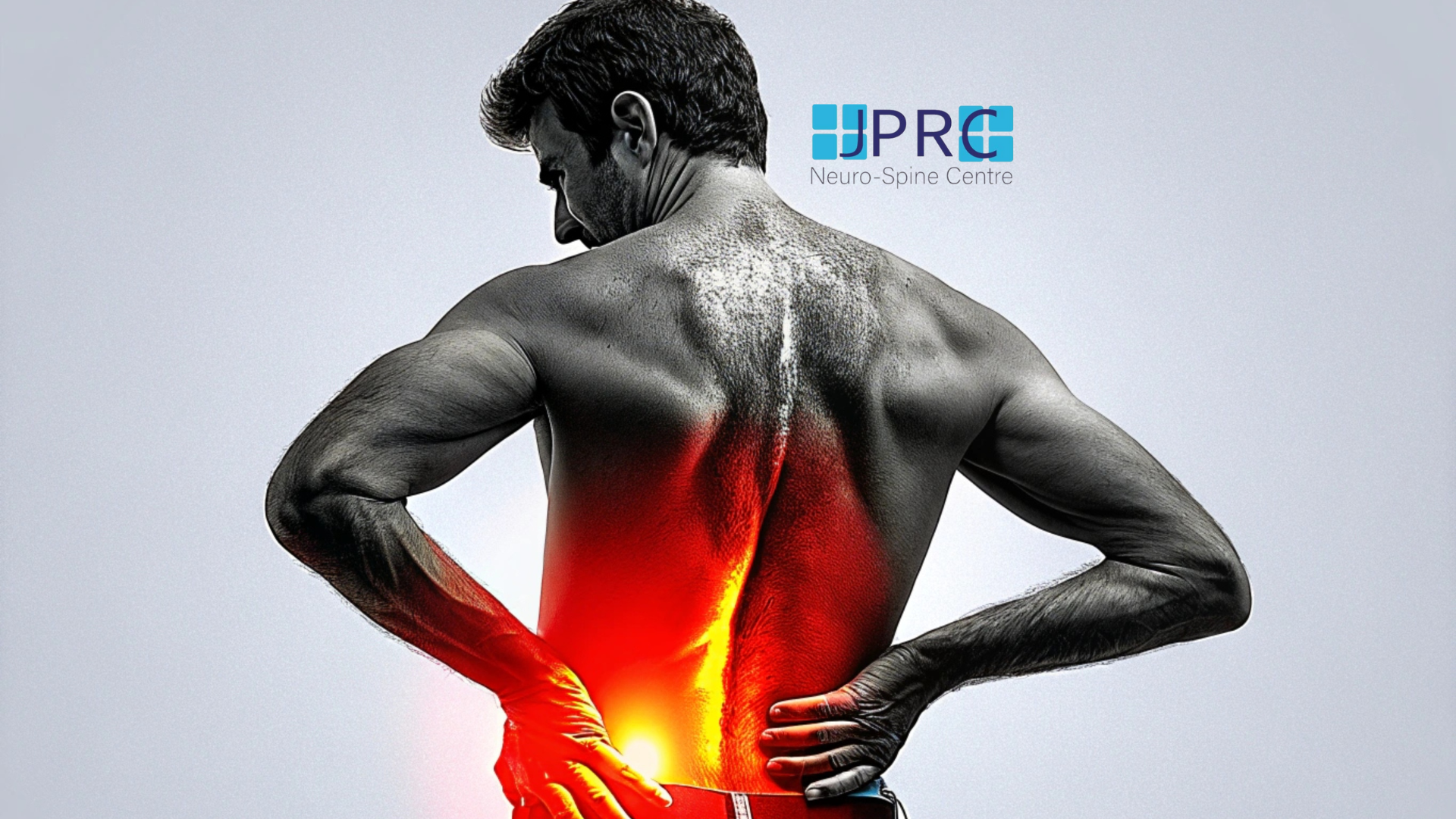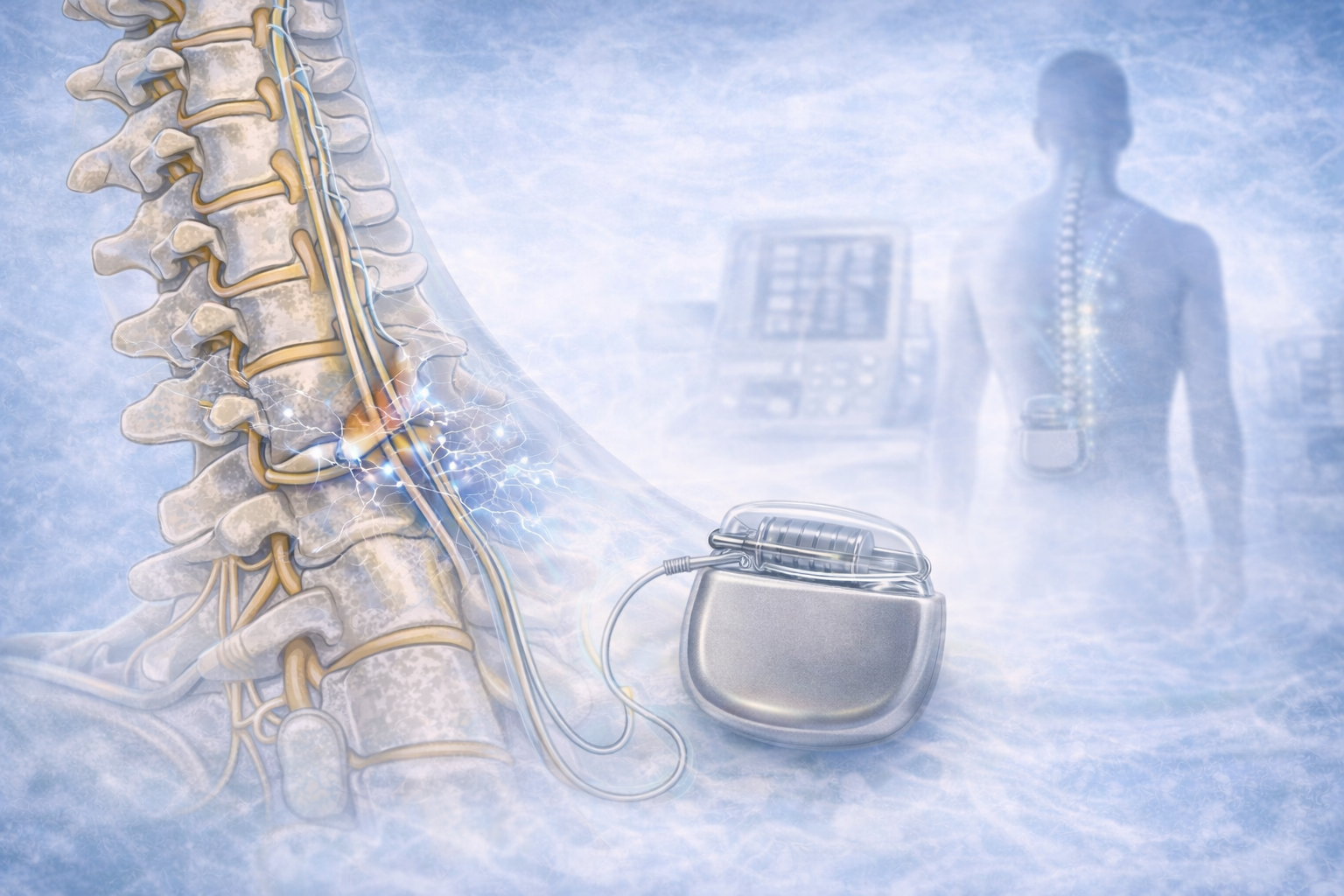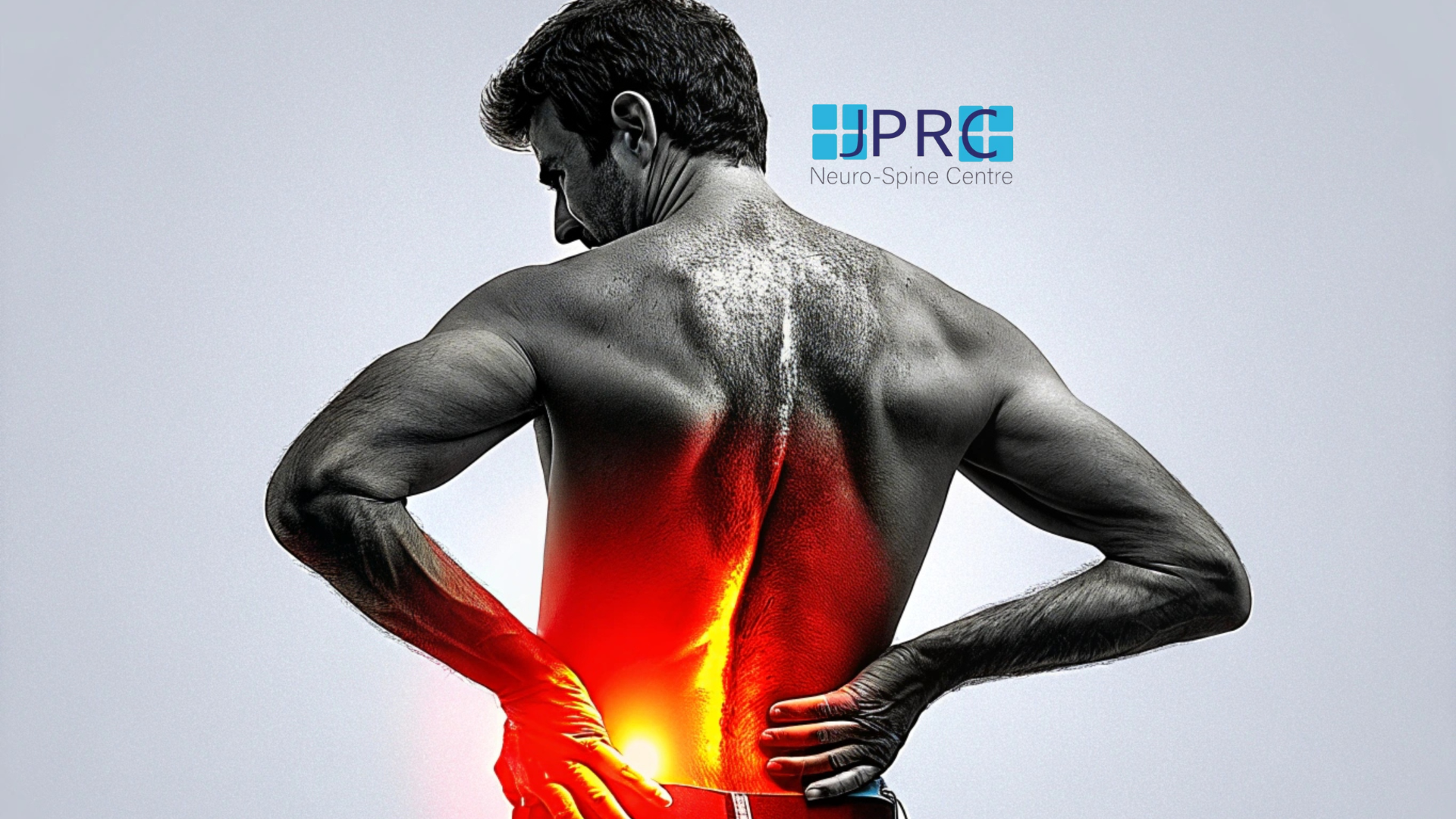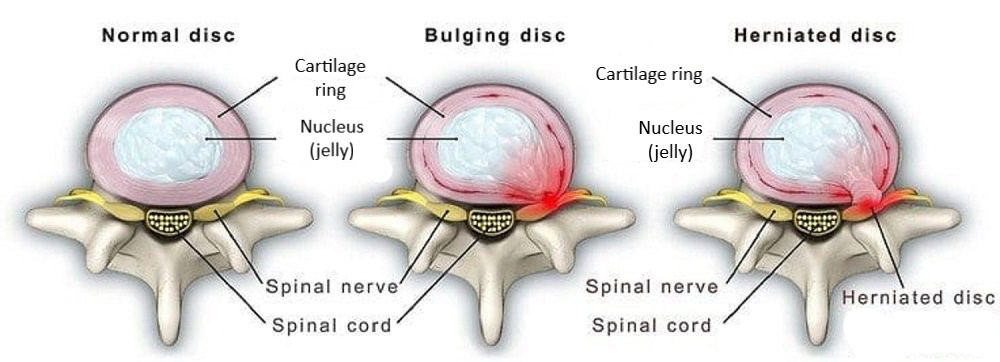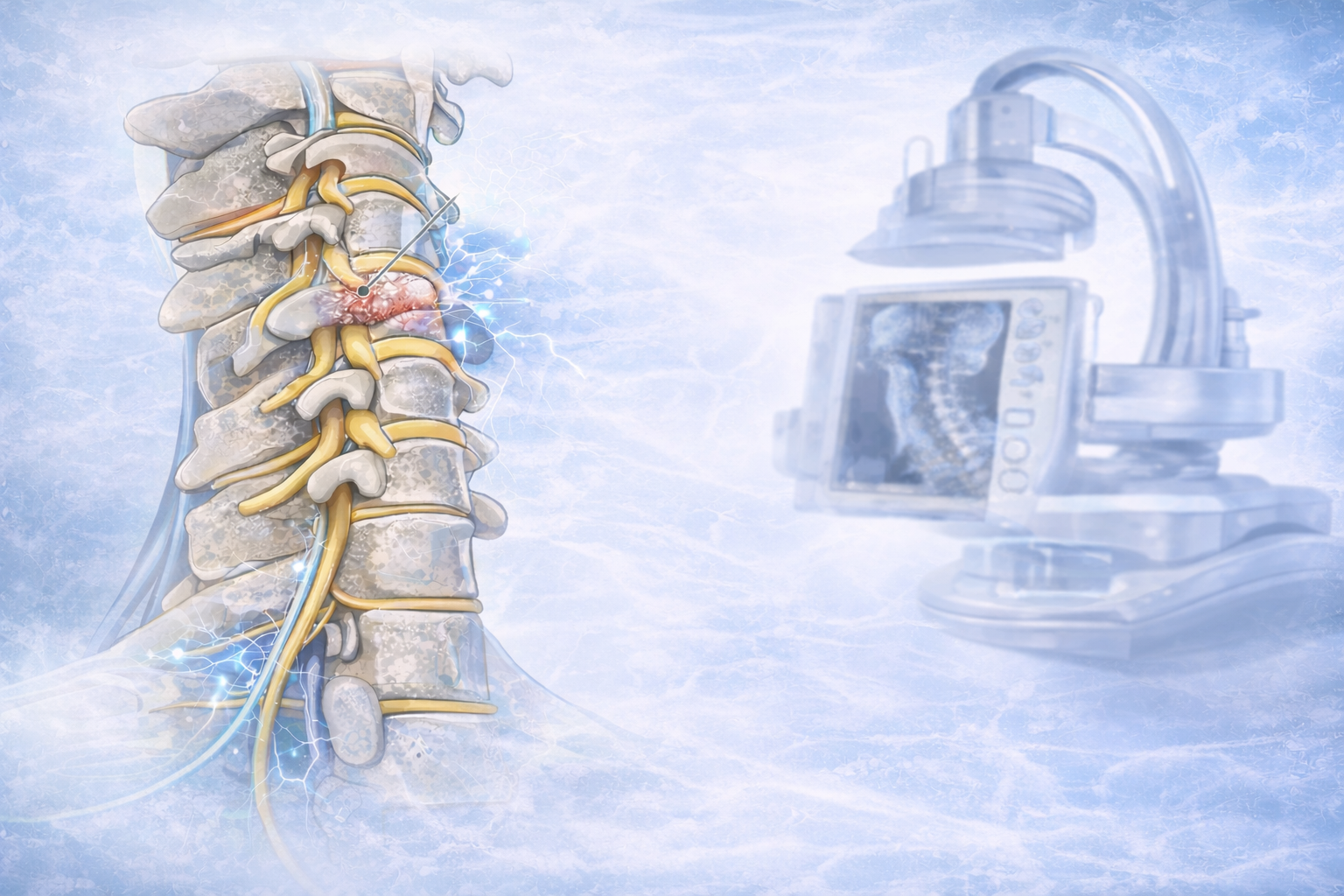PAIN AFTER SURGERY : MANAGING THE HARD DAYS
Undergoing an operation, however small or big it is, might be a big decision to take. Surgeries affect us all around, physically mentally and financially ofcourse. And then there's almost certain pain following it. Bad news, right?
But the good news is, excellent medical interventions are available nowadays to control this pain effectively.
Our team of best pain management doctors Rajasthan at JPRC neurospine center Jaipur, the best pain treatment Jaipur are highly committed to ensure your smooth rehabilitation.
What kind of pain?
Varies from person to person, as their underlying condition differ. Commonly felt pains are :
-
Muscle spasms
-
Movement pains (while walking, stretching, sitting, standing up, coughing)
What to do if I'm in pain?
After surgery, you're likely to feel pain over the operated area and related parts for a few days. Use ice/ heat compression, change position in bed. But you need to let your doctor/nurse know about the type and intensity of this pain. Seek immediate medical advice if pain doesn't go away even after weeks.
Talk to the best Neurosurgeon Jaipur. Contact us for booking your appointment today
Is it really needed to treat this pain?
YES. Post surgical pains are never neglected. Prompt management is essential as, controlling this pain symptoms helps in:
-
Quick healing
-
Safe, comfortable rehabilitation
-
Avoiding complications (blood clots, surgical site infection, pneumonia etc)
How Post surgical pains are treated?
Our experienced pain management specialists try their level best to keep your pain symptoms suppressed. The most commonly used therapeutics are :
-
Intravenous patient controlled Analgesia (i/v-PCA) -
Patient himself regulates the administration of analgesic using a small handheld pump and programmer, directly delivers drug into the bloodstream.
-
Patient controlled Epidural analgesia -
Same like iv-PCA, but a small epidural catheter is used, which stays under the skin of your back. Less irritable than a constant intravenous channel. It's also proven to be more efficient and safer.
-
Nerve blocks-
It is used both as post operational pain management and a method of surgical anesthesia. A anaesthetic drug is introduced directly into the nerve fibres/ ganglion via injection or continuously using PCA handheld controllers. Blocking the pain conduction pathway itself, it is the most efficient process. Less drug needed, so most safe too.
-
Oral medication-
Painkillers are the traditional medicines to treat general pain symptoms. Opioids, non opioids, NSAIDs are prescribed as per particular need.
-
Healing without medicine-
Traditional therapies like Panchkarma, Acupuncture, alternative therapies such as physiotherapy are used actively to control pain. Guided meditation and mindfulness also help to cope up with the Symptoms.
Some Useful Tips :
-
Don't panic, you're not helpless here.
-
Be mentally prepared right since beginning. Before operation, talk to your doctor, learn about possible outcomes.
-
Don't neglect this pain. Don't self medicate. Contact your doctor immediately, inform about symptoms
-
Take all medicines properly.
-
Take adequate rest, and sleep well.
-
Avoid physical activities (sports, exercises etc), restrict movements. Use supports.
Got questions? Cool
Suffering from pain and don't know what to do? We got you.
Don't worry, top pain management doctors Rajasthan at JPRC neurospine center Jaipur are highly dedicated to gift you a pain free life. To avail, all sorts of advanced Pain treatment, surgical pain management, postoperation pain treatment Contact us now.
Book your appointment today!






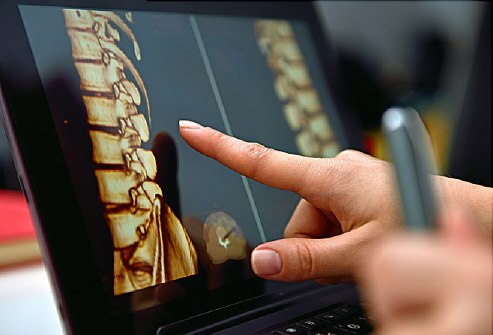



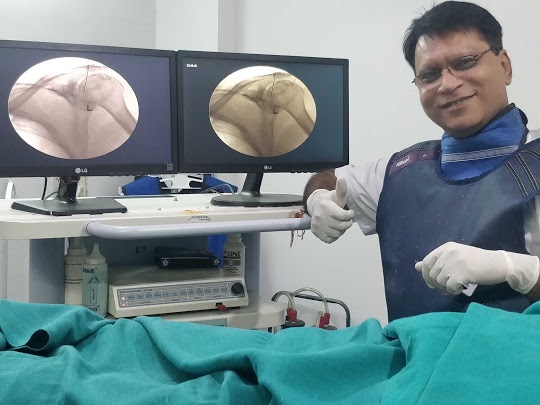





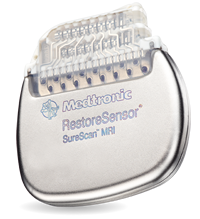







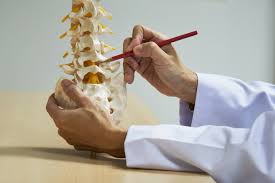
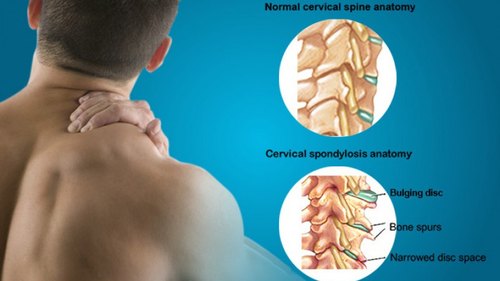
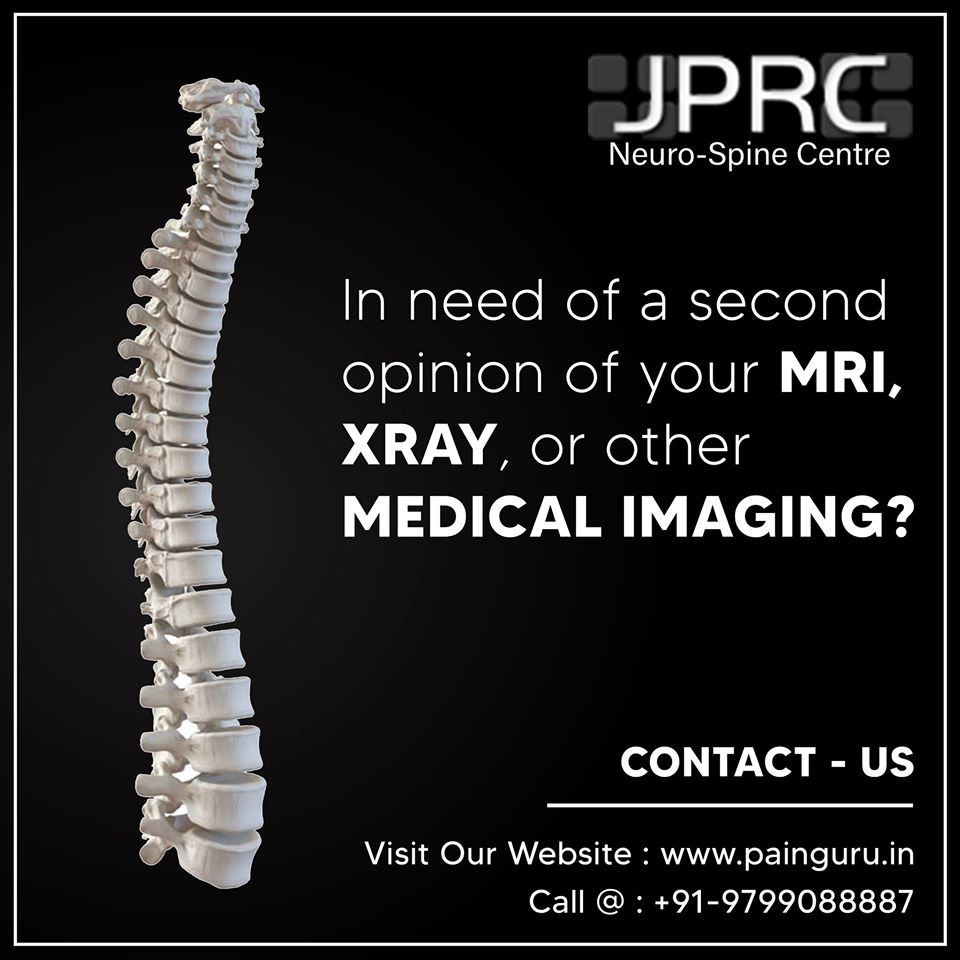










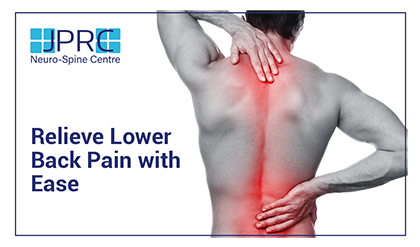





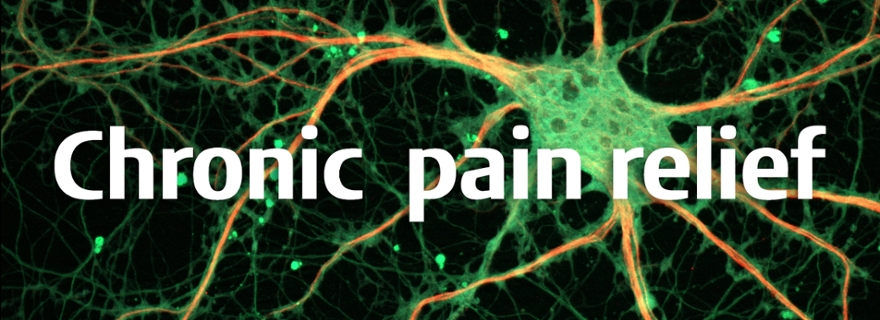


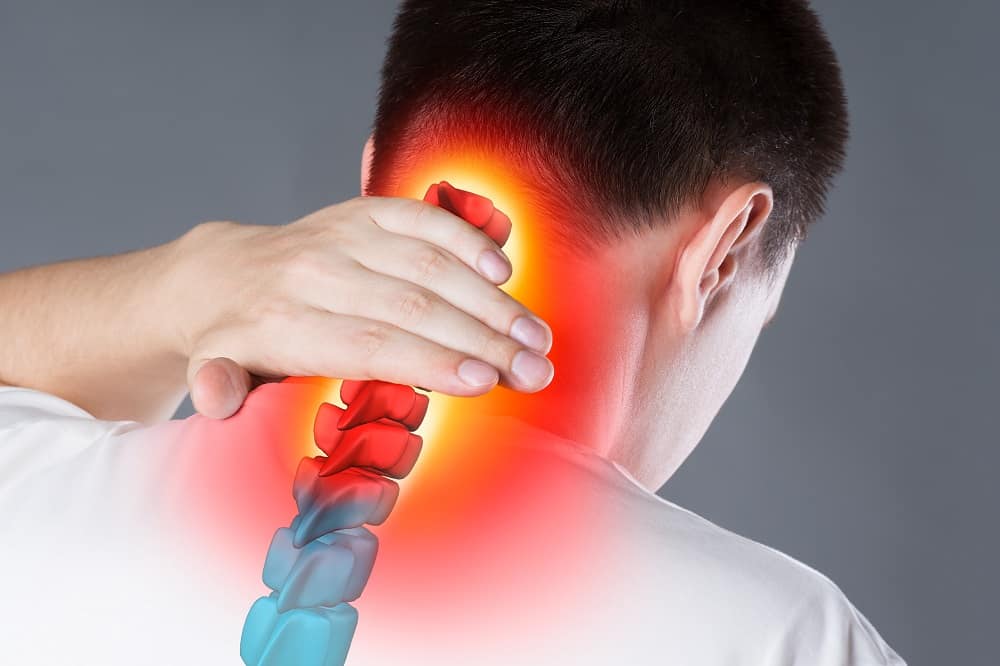
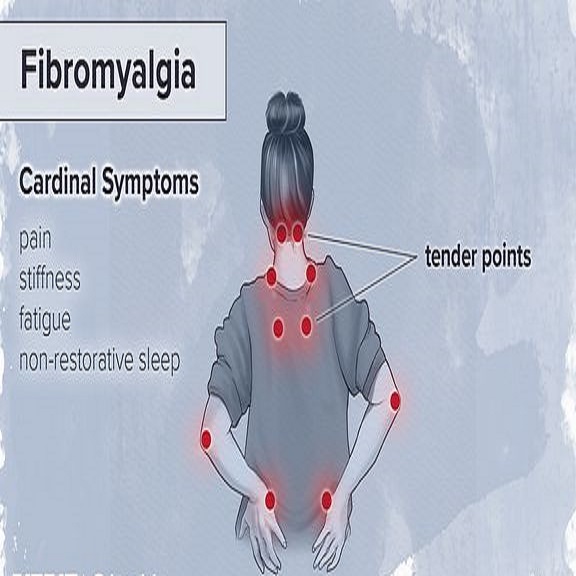
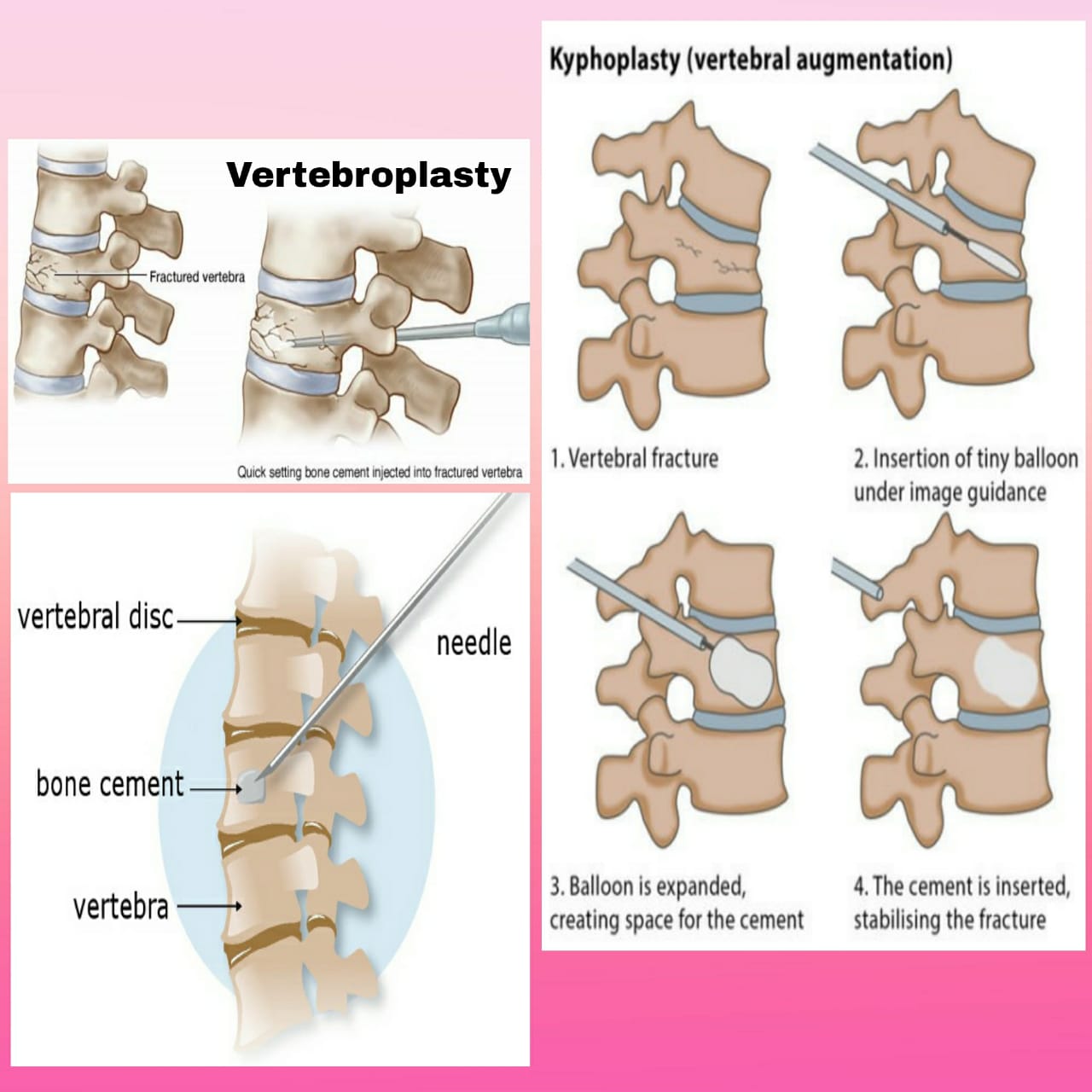


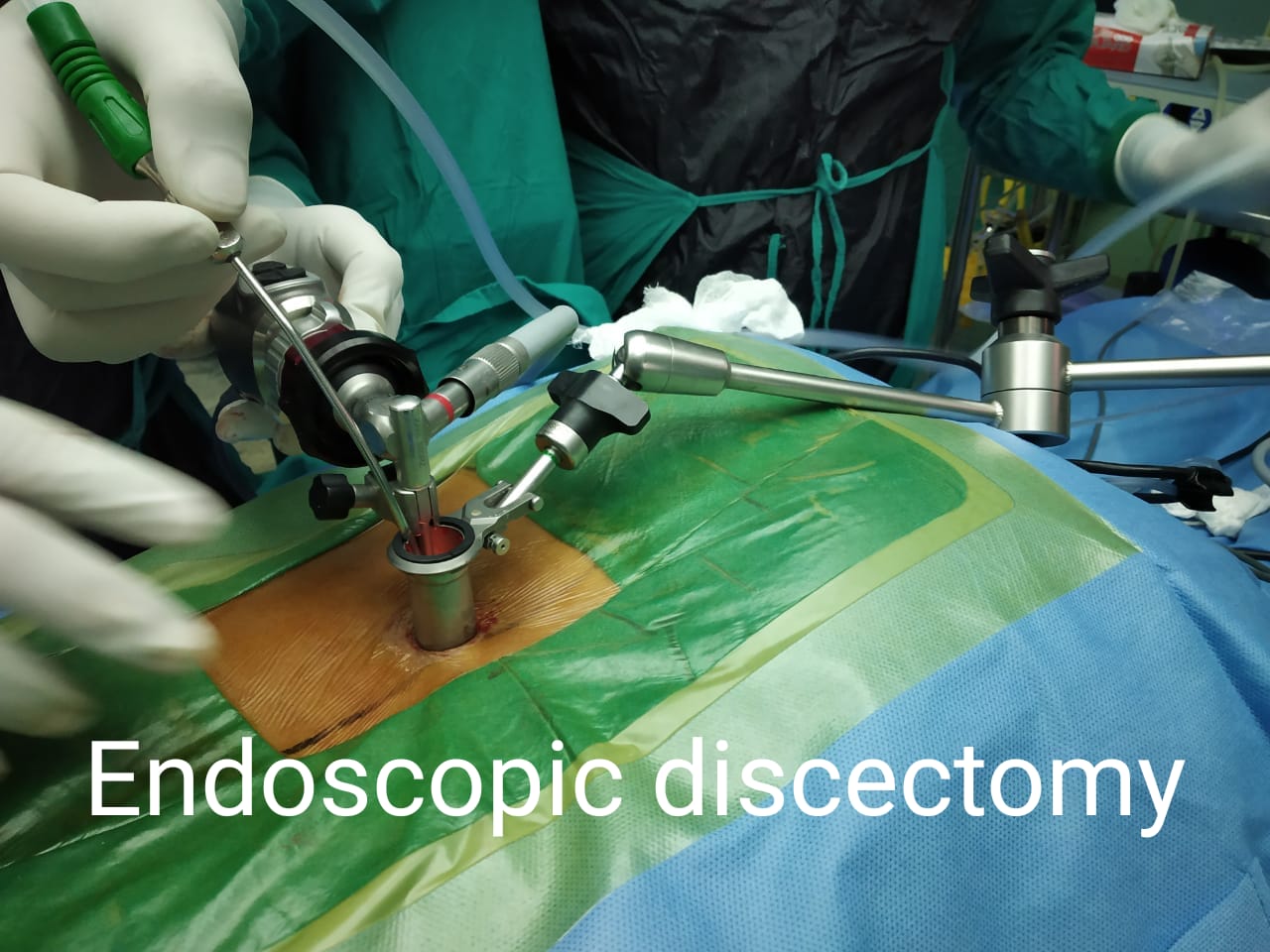



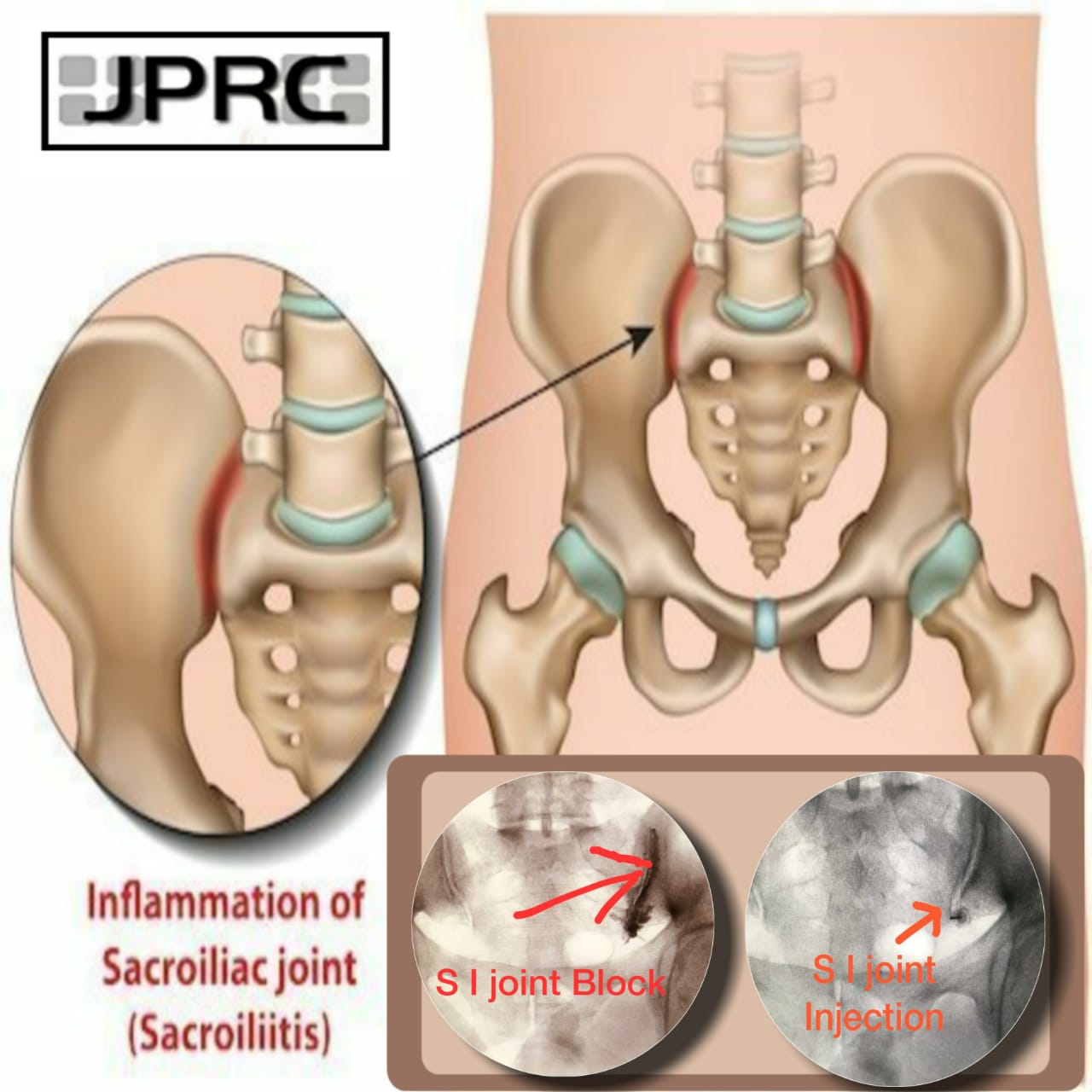




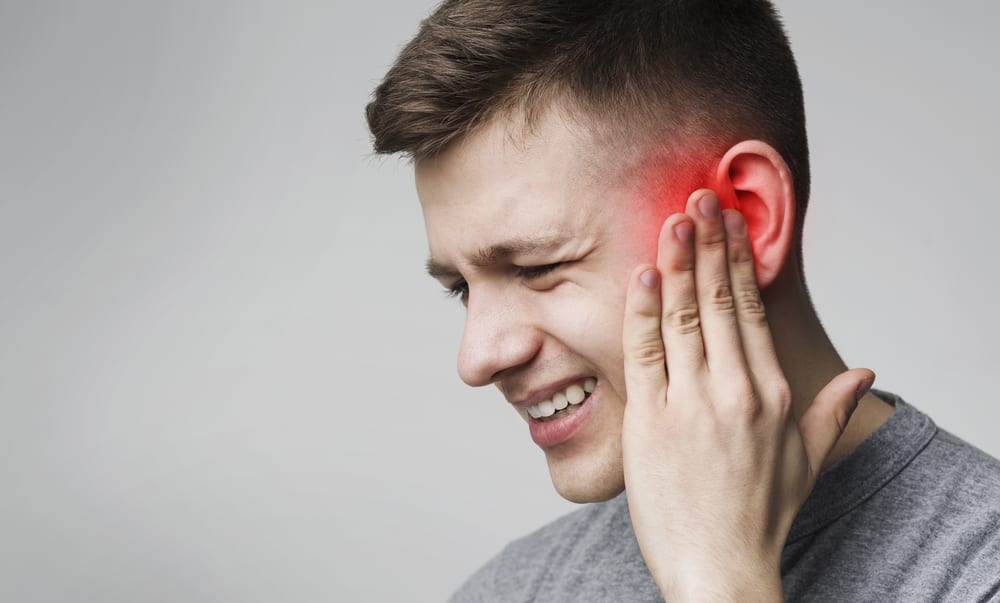
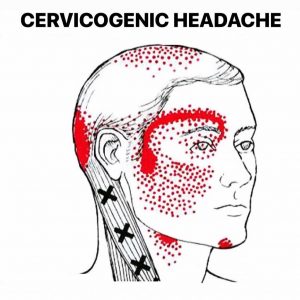




.jpg)




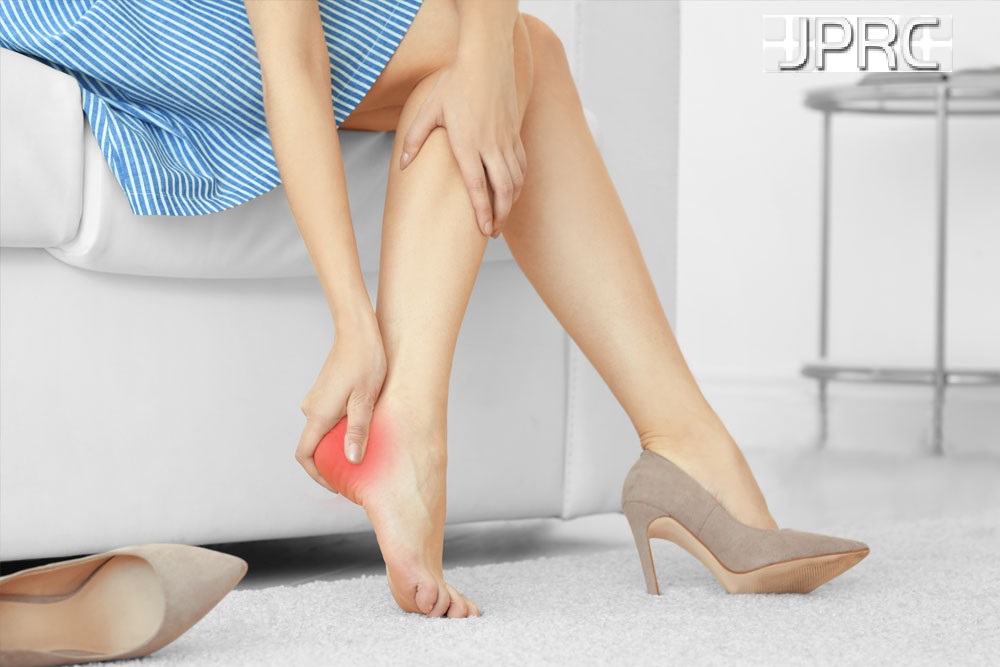

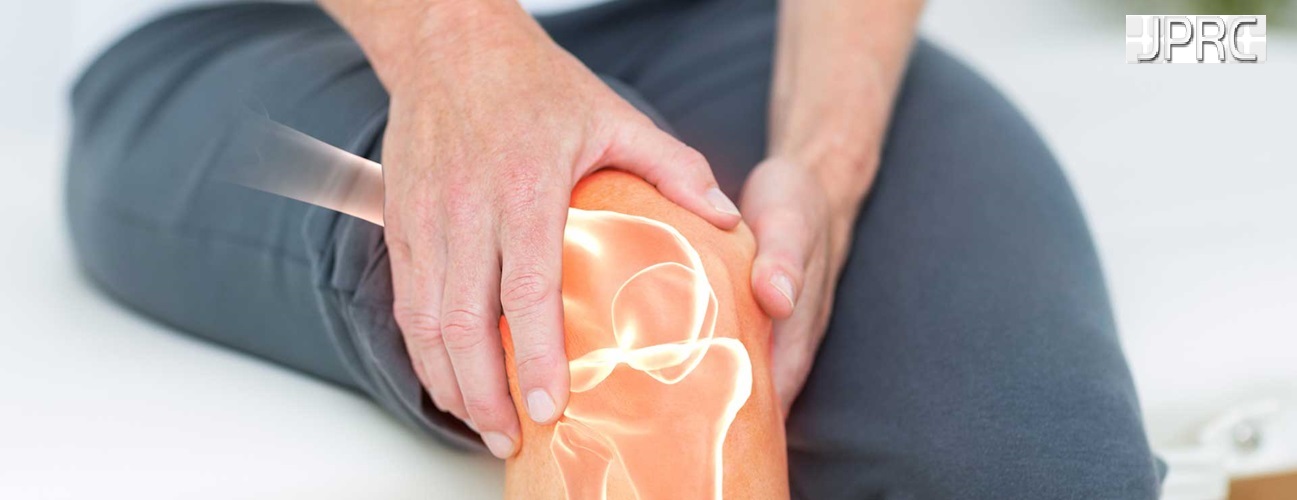

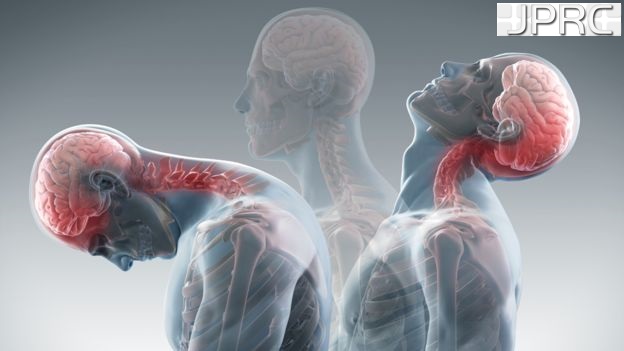


_Injection_Description_in_Hindi.jpg)

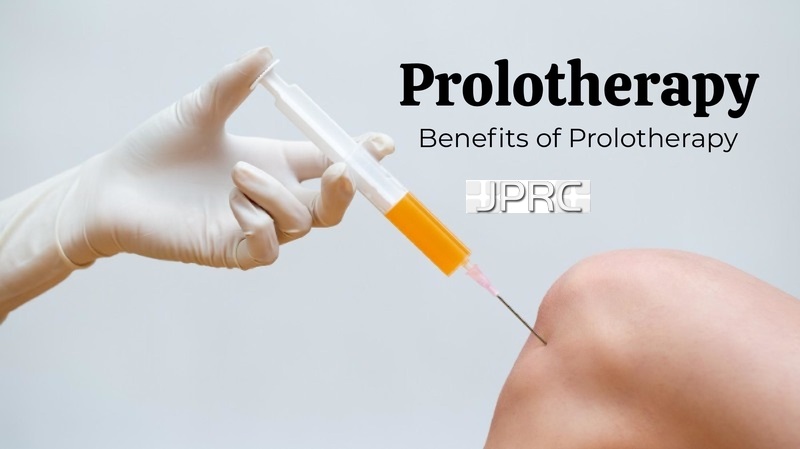





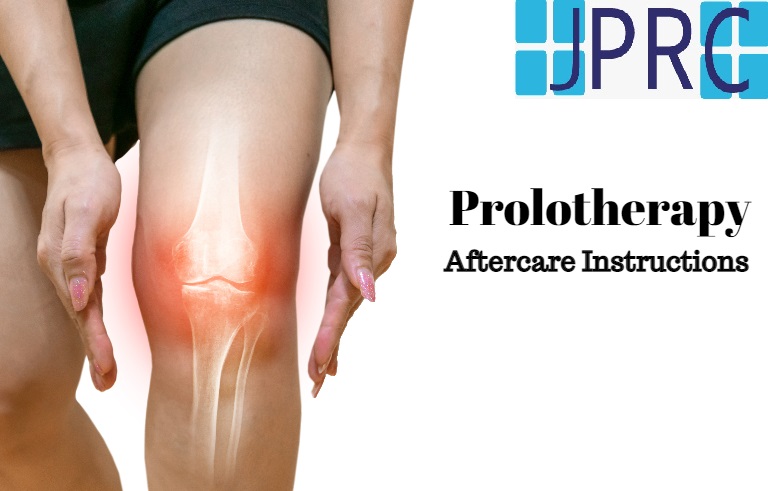
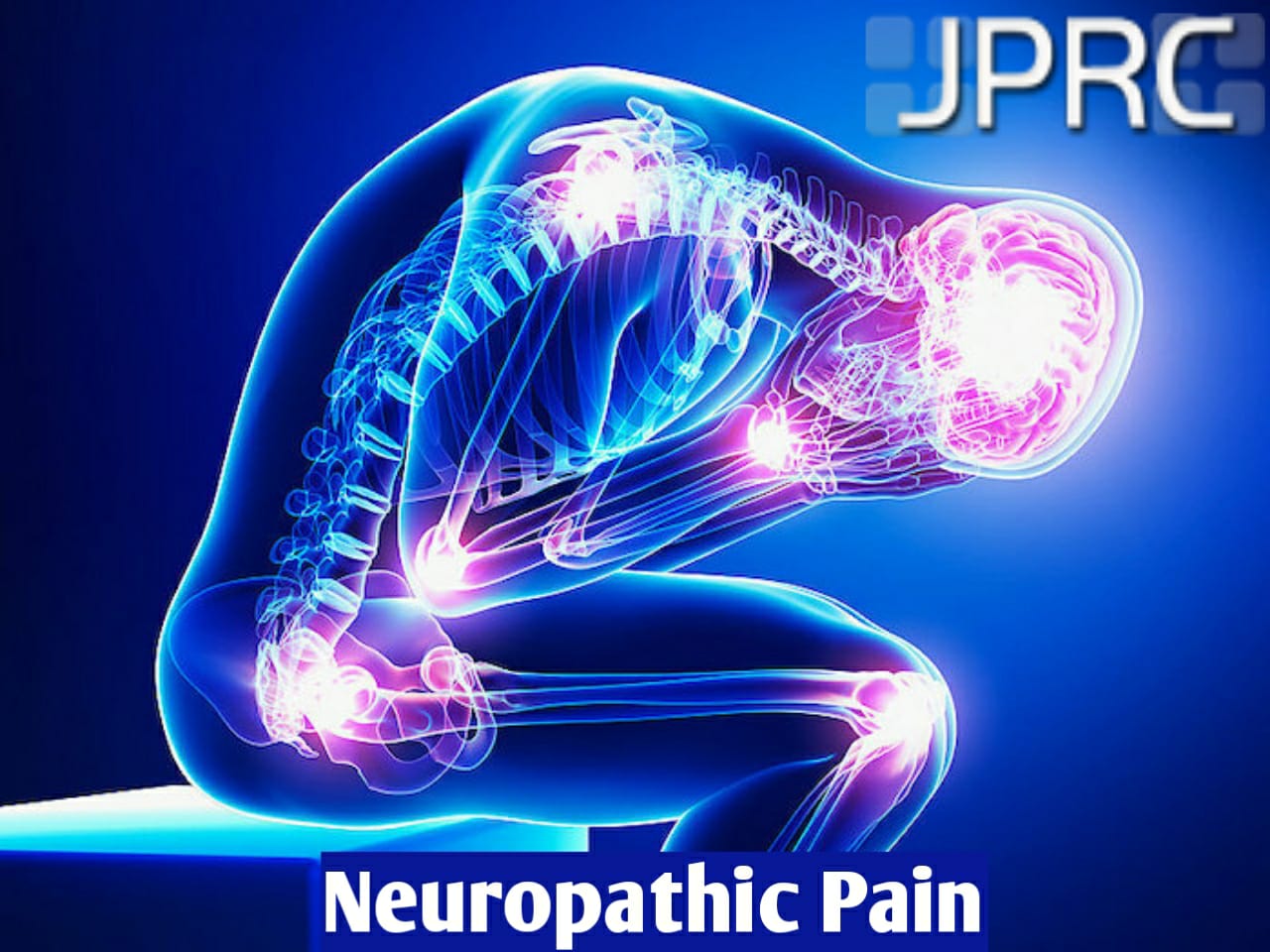
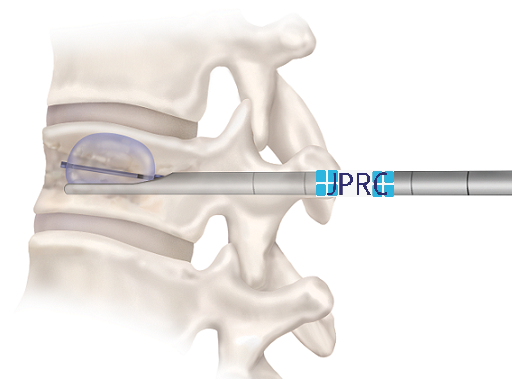
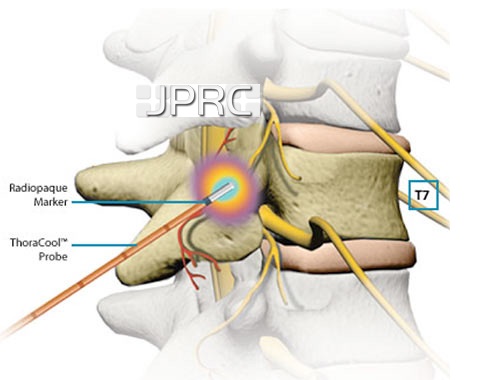



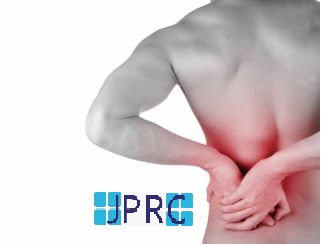

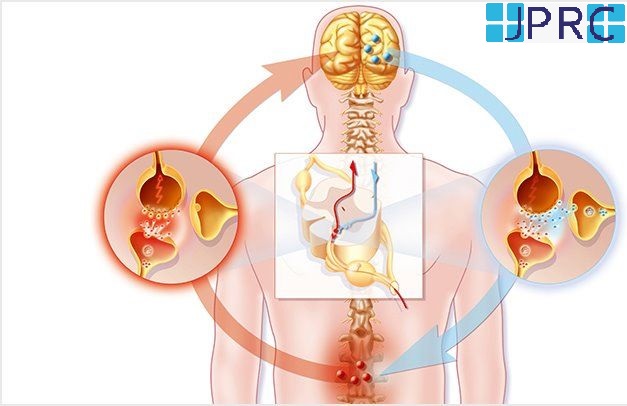

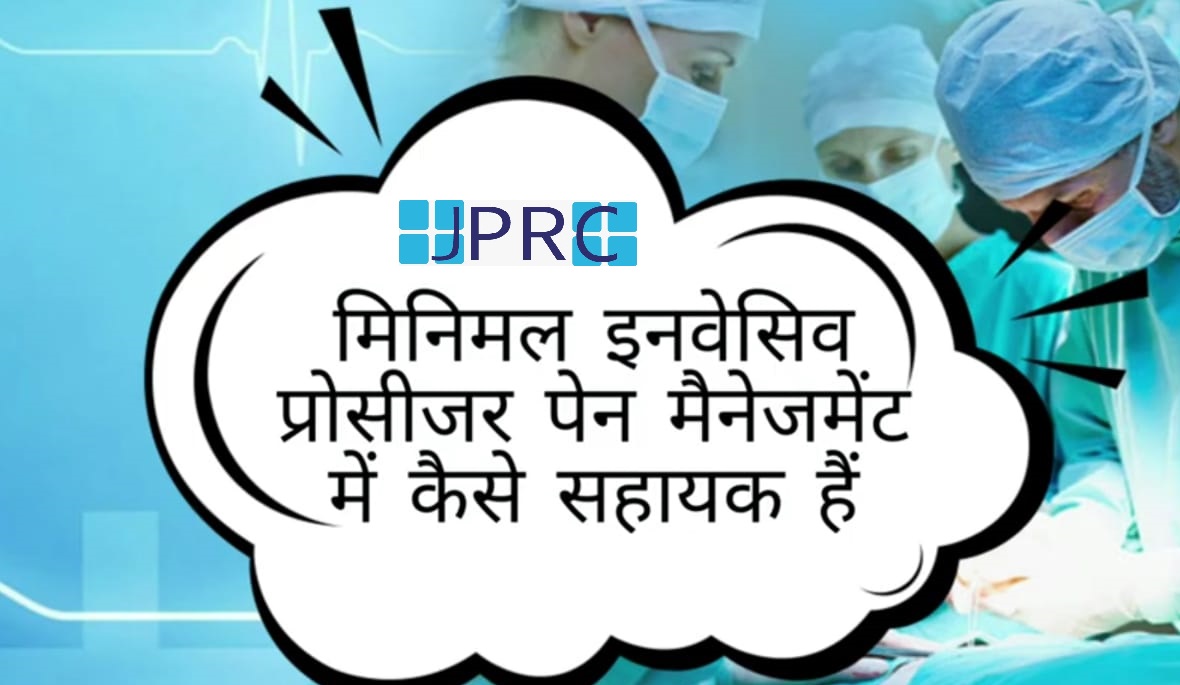
.jpg)
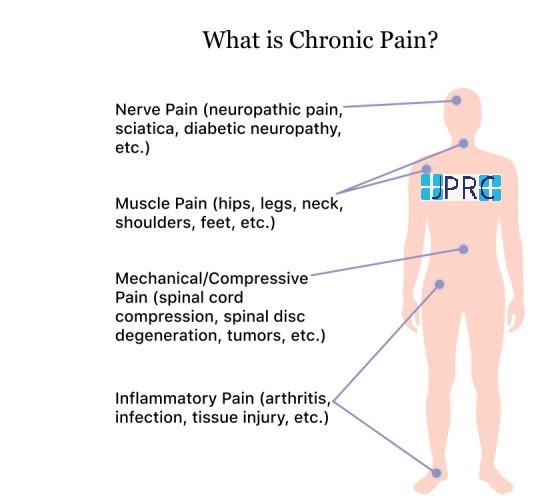

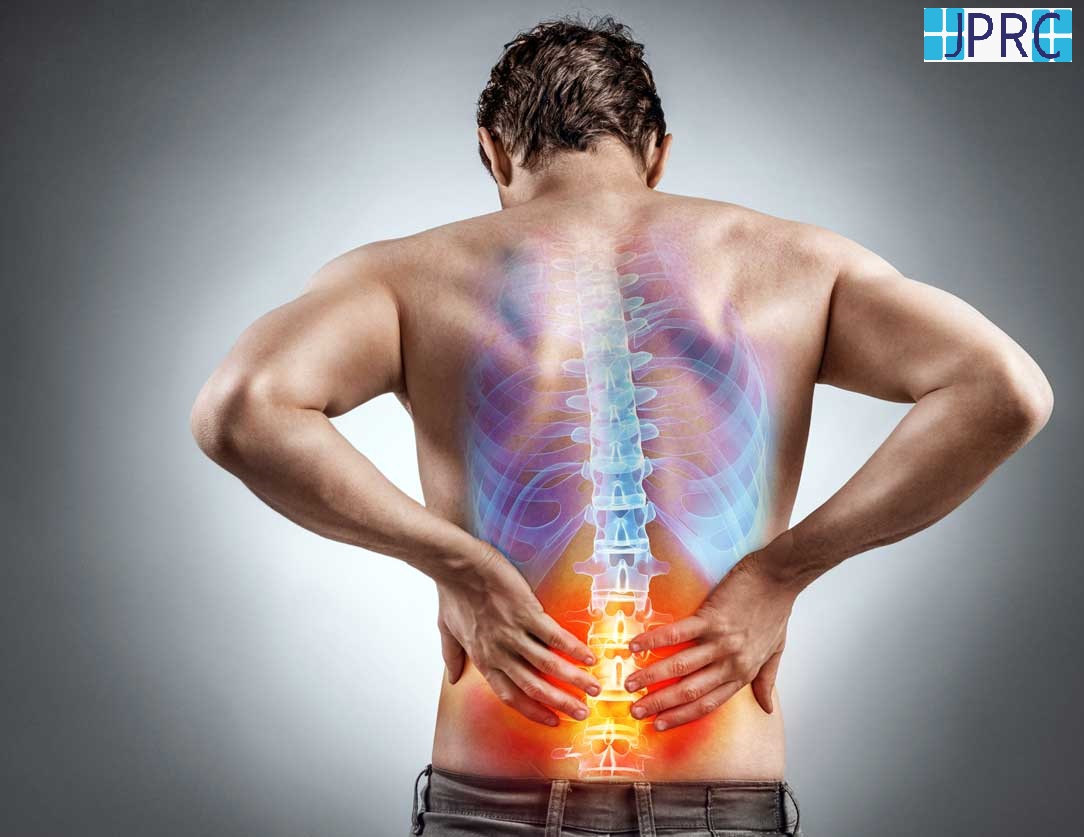
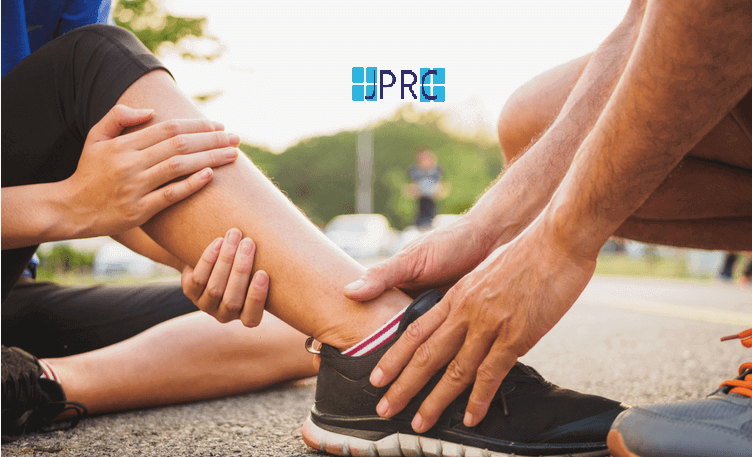
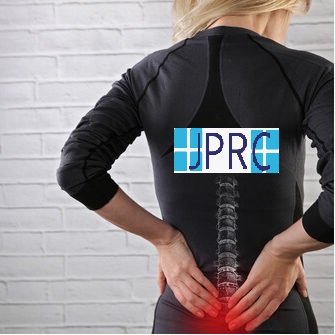



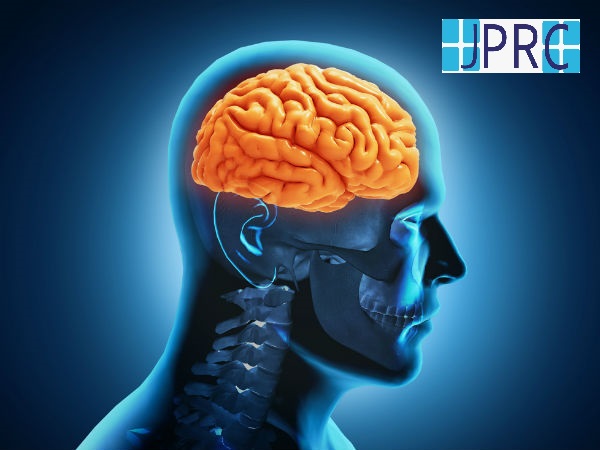

.jpg)
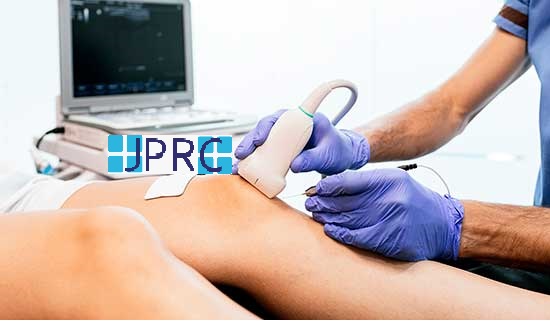

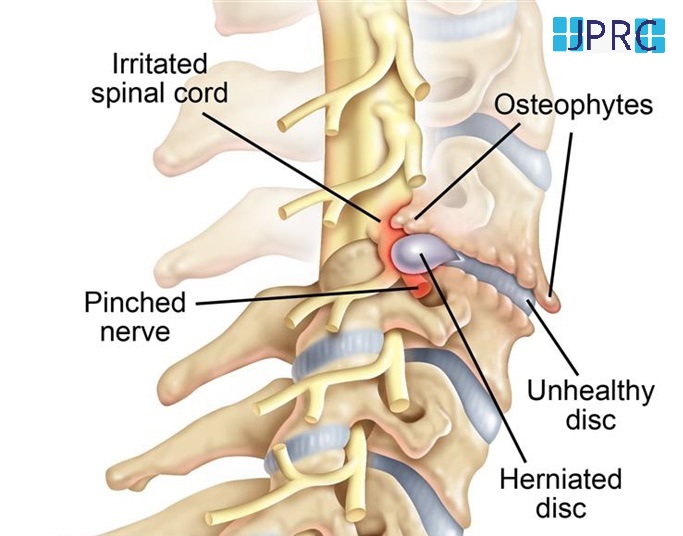

.jpg)
.jpg)
.jpg)




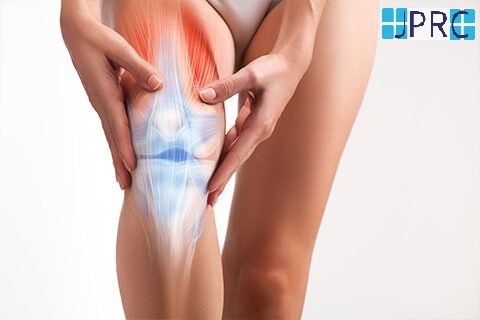


.jpg)
.jpg)
.jpg)
.jpg)
.jpg)
.jpg)
.jpg)
.jpg)
.jpg)
.jpg)
.jpg)
.jpg)
.jpg)
.jpg)
.jpg)
.jpg)
.jpg)
.jpg)
.jpg)
.jpg)
.jpg)
.jpg)



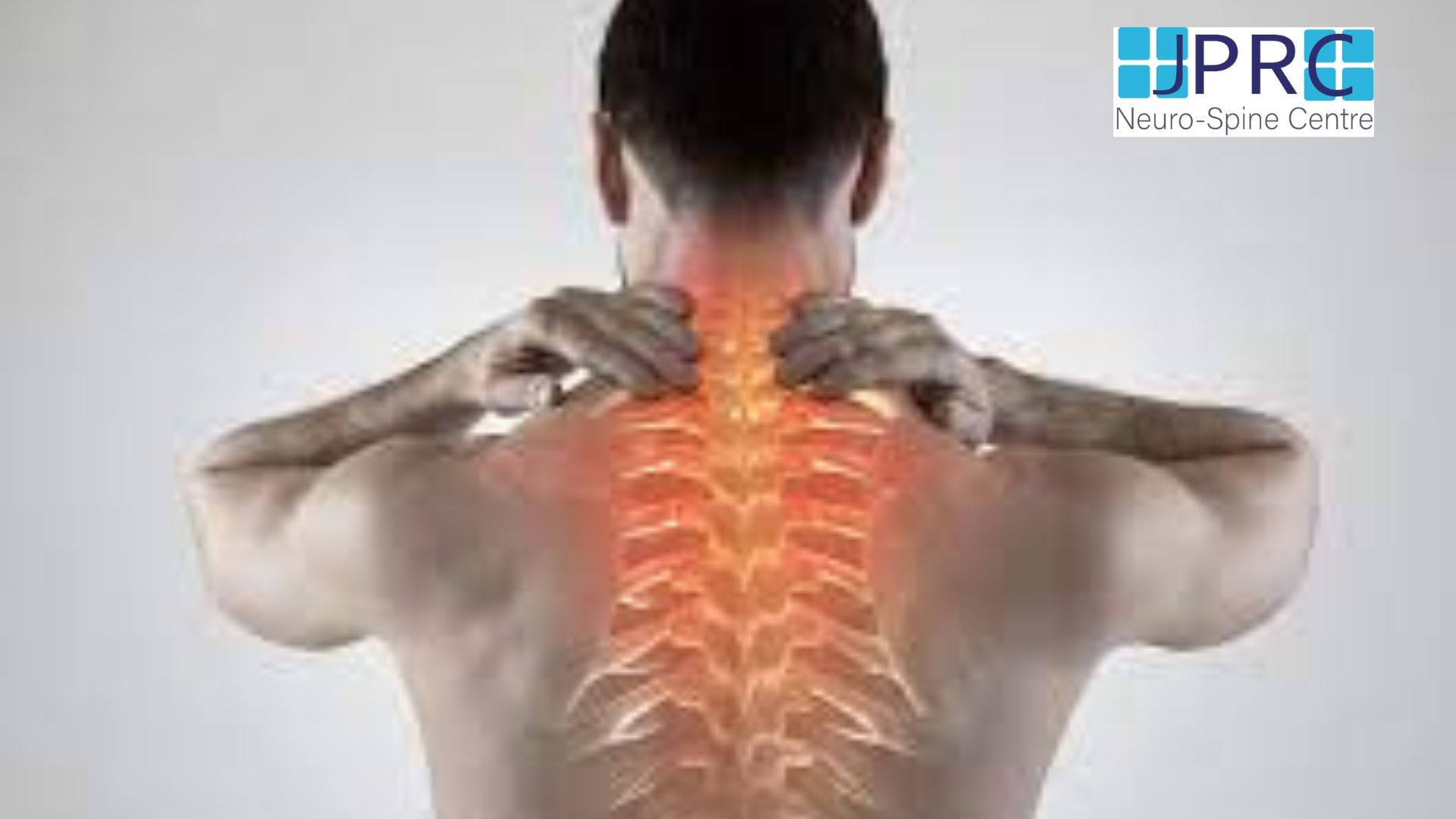
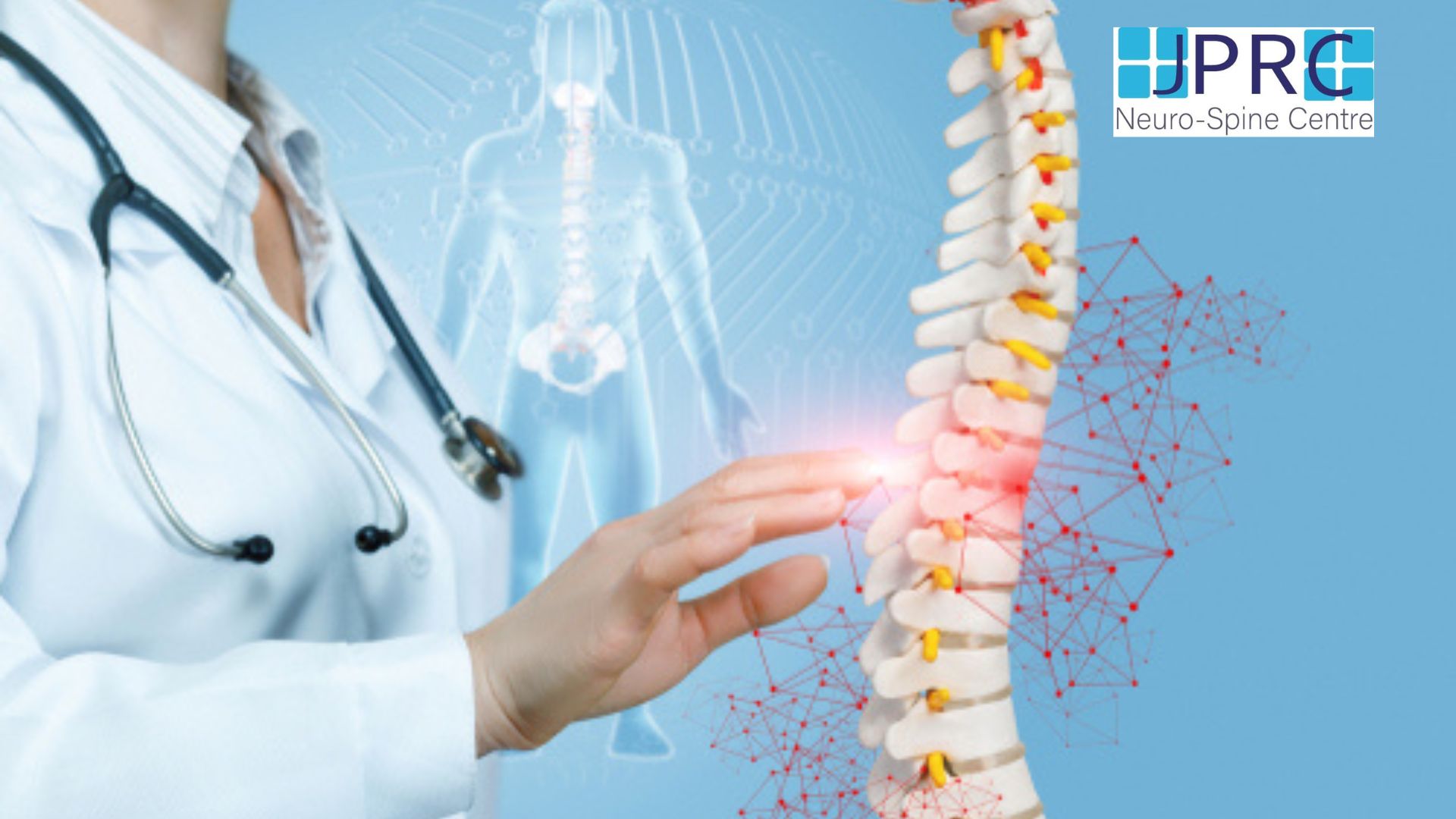



1.jpg)
1.jpg)
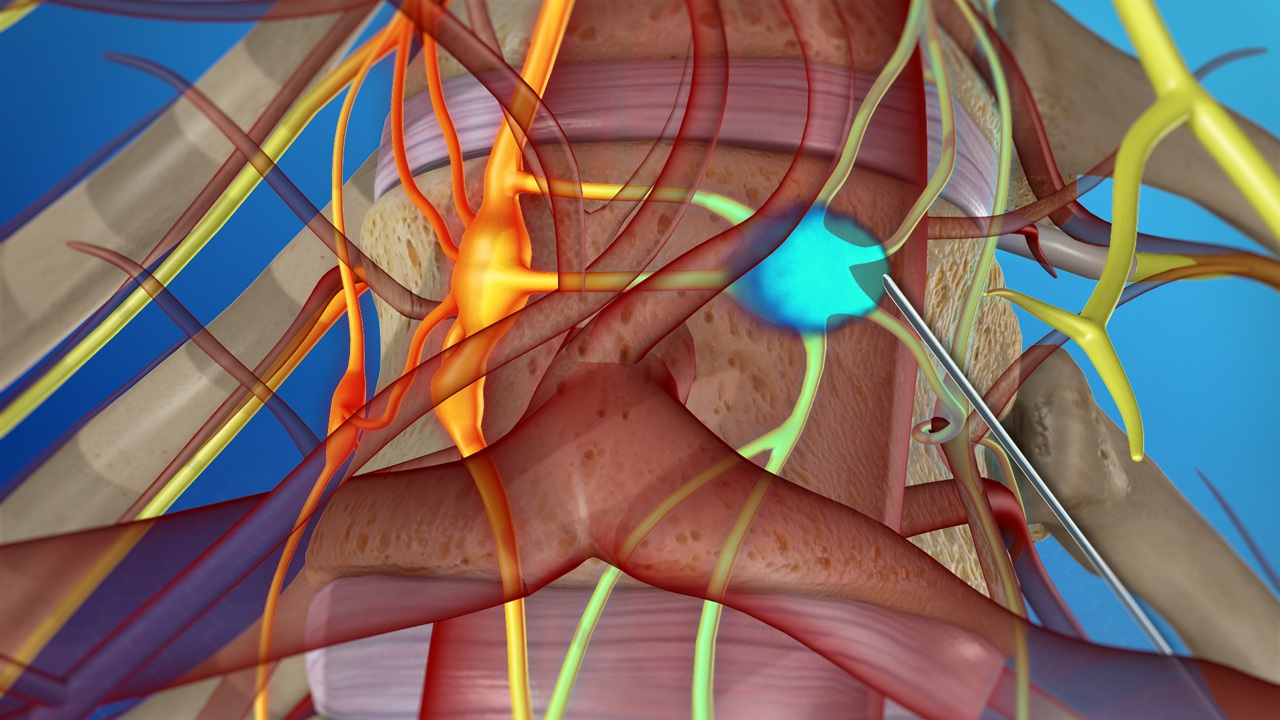
1.jpg)
1.jpg)
1.jpg)
1.jpg)
1.jpg)










2.jpg)
3.jpg)
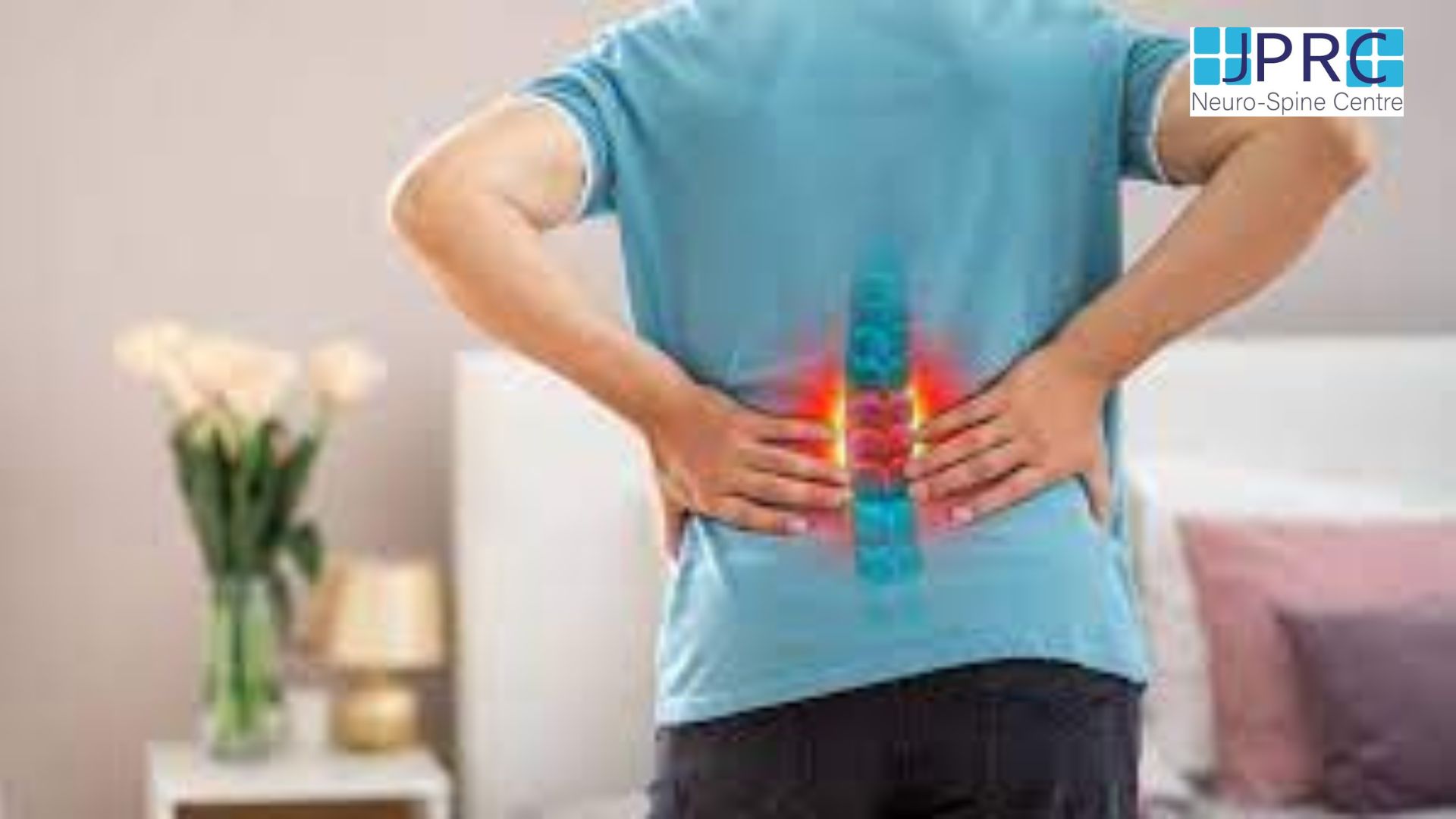
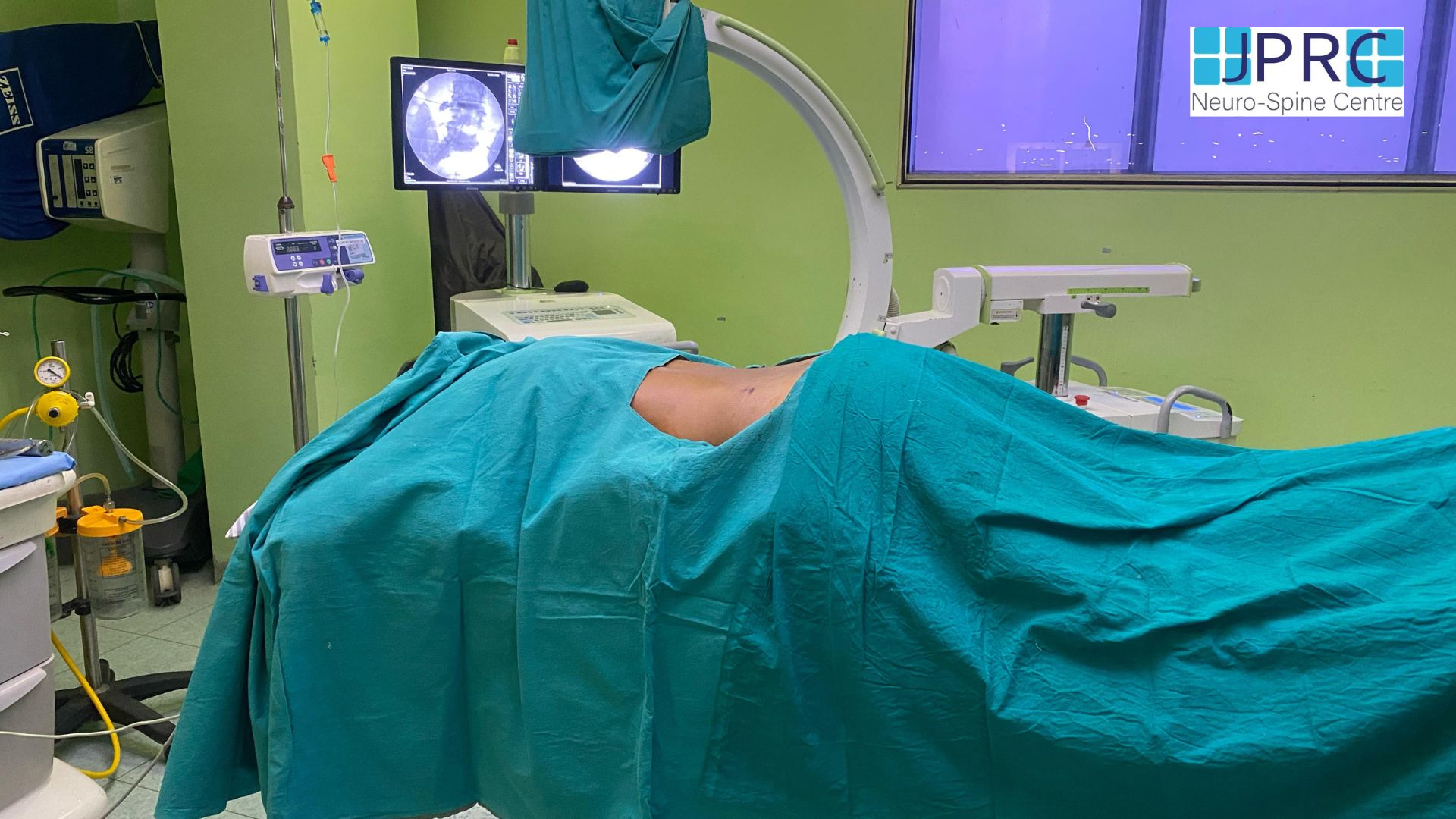
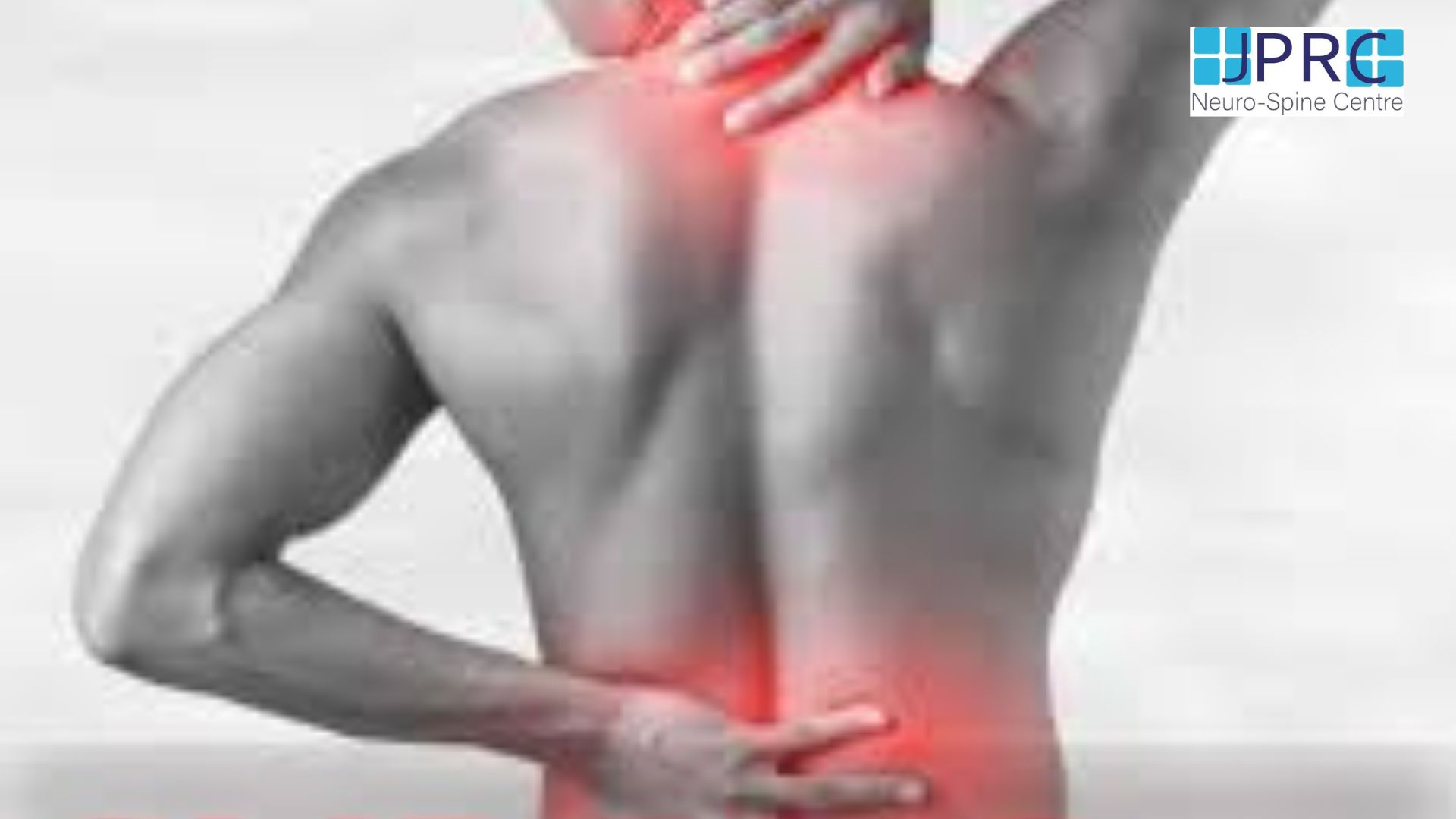
4.jpg)
1.jpg)
2.jpg)
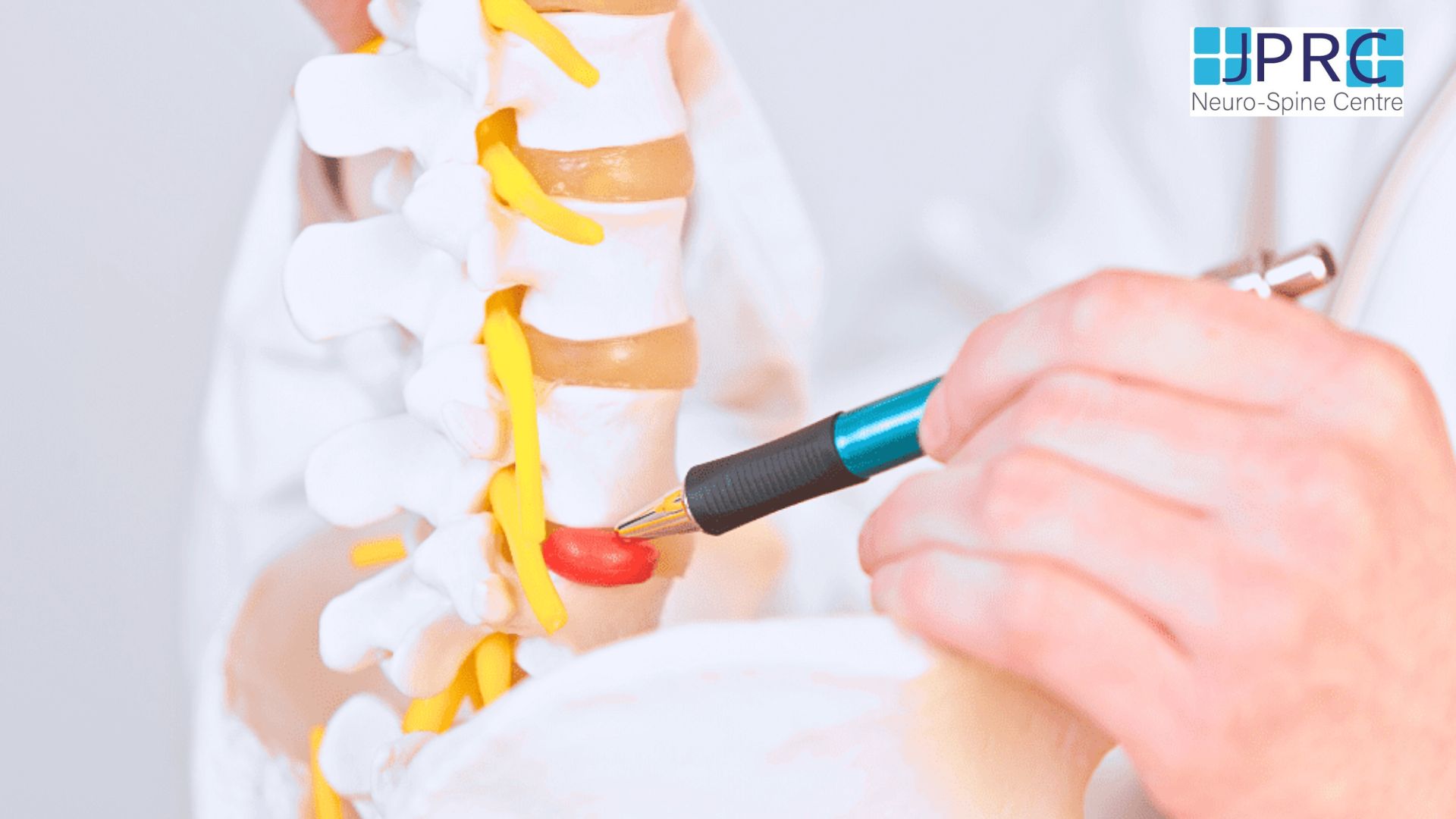
5.jpg)
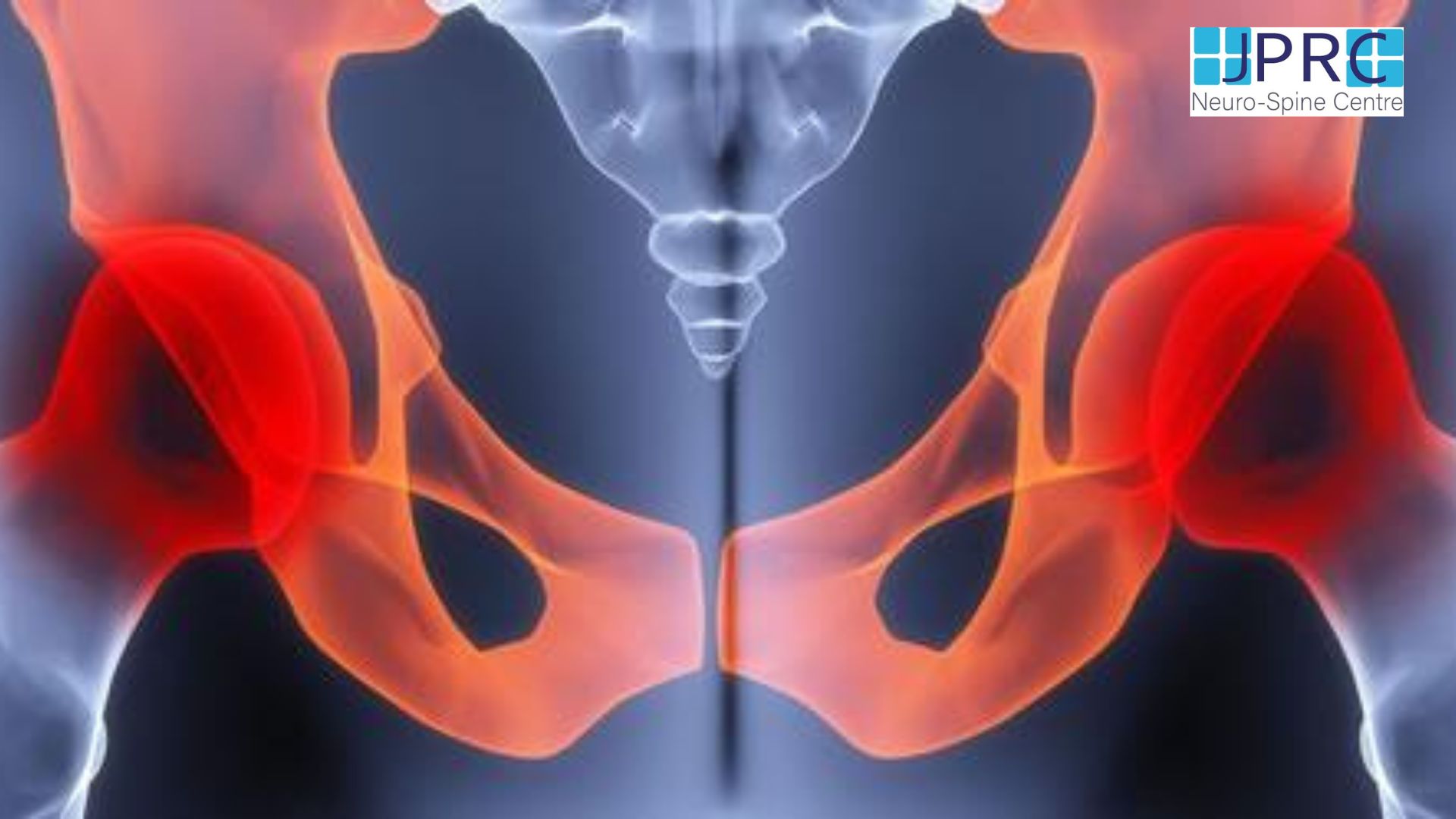
6.jpg)
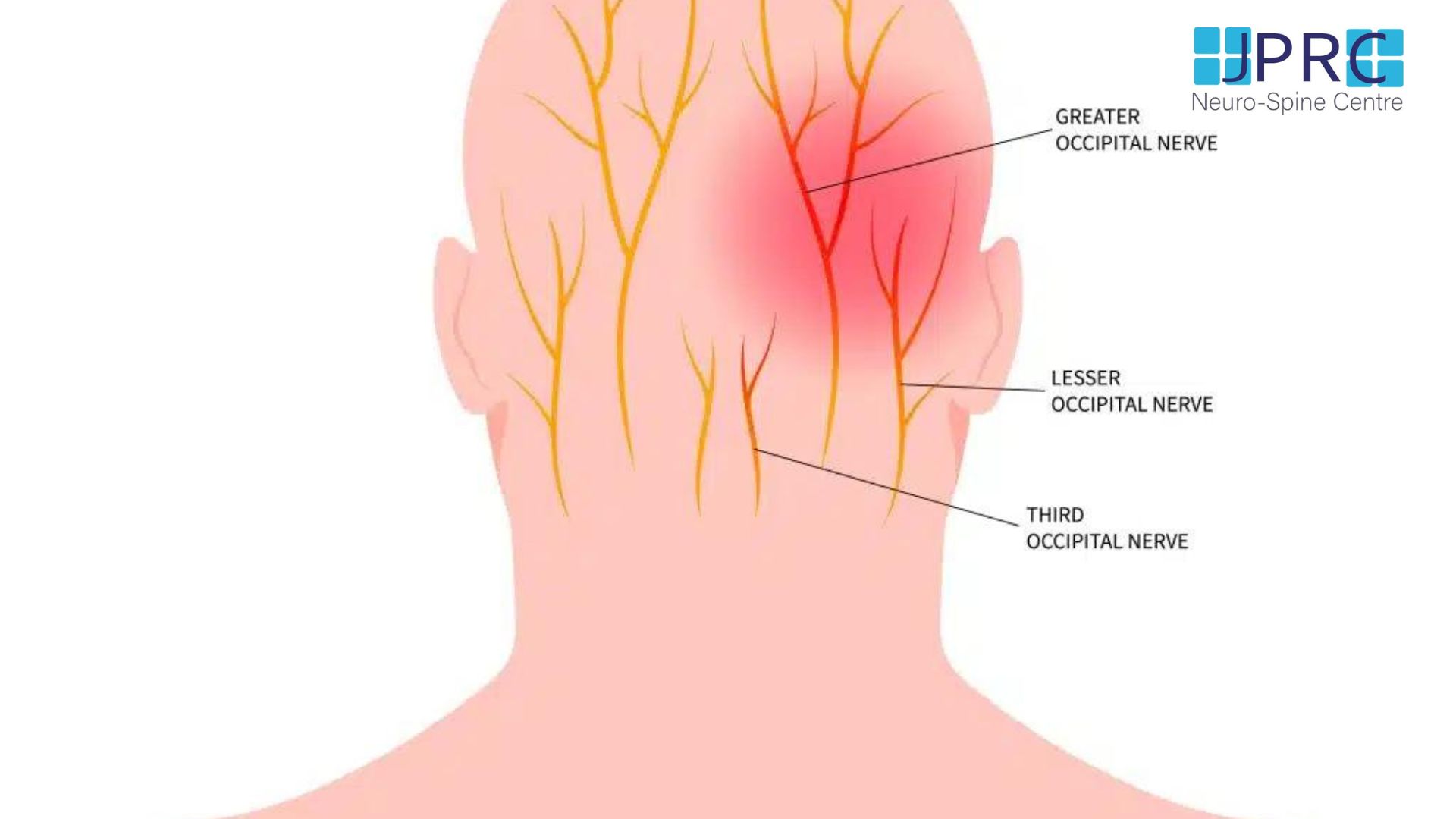


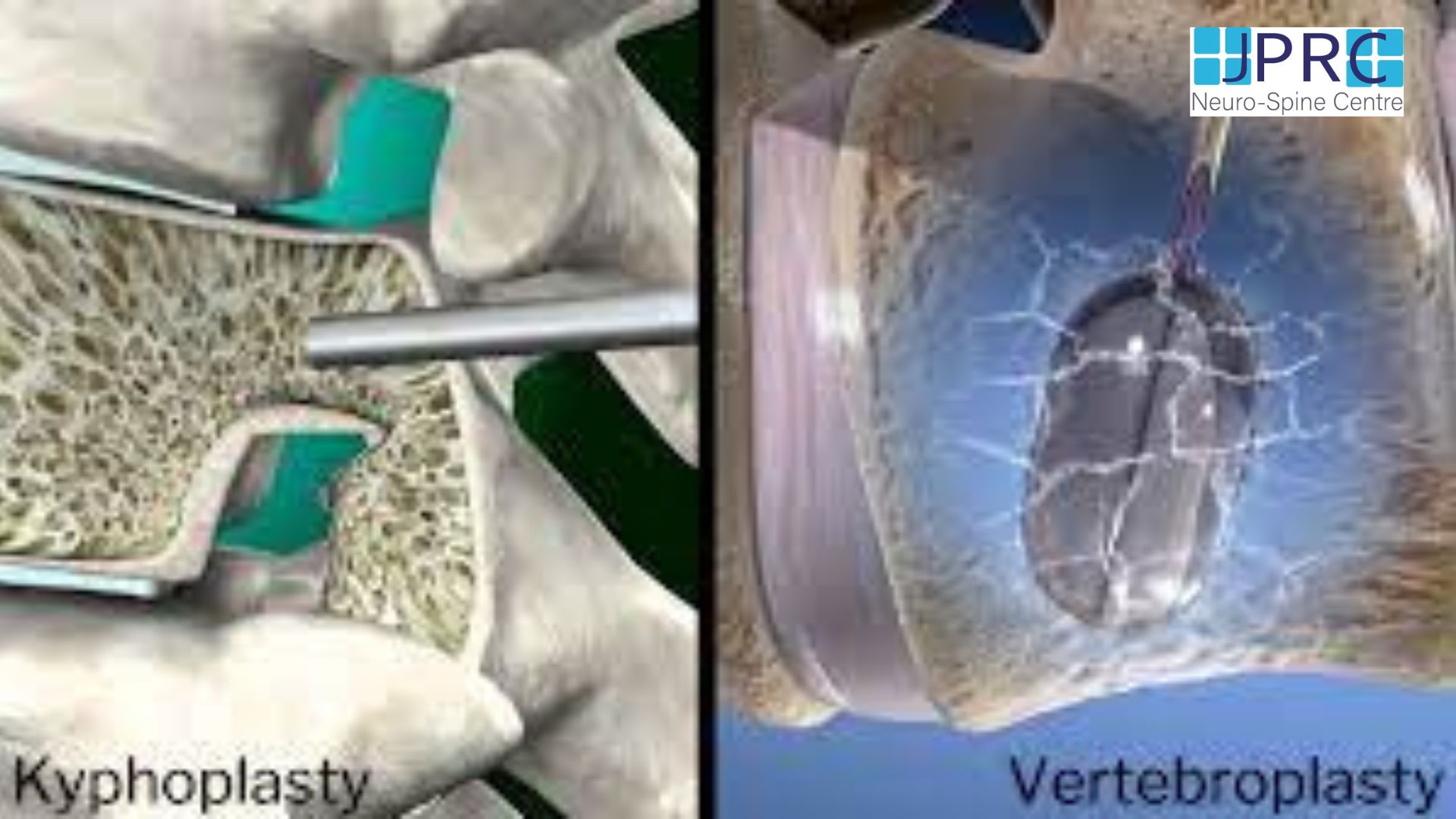
7.jpg)
2.jpg)

8.jpg)

9.jpg)
3.jpg)

10.jpg)

11.jpg)


12.jpg)
4.jpg)


























